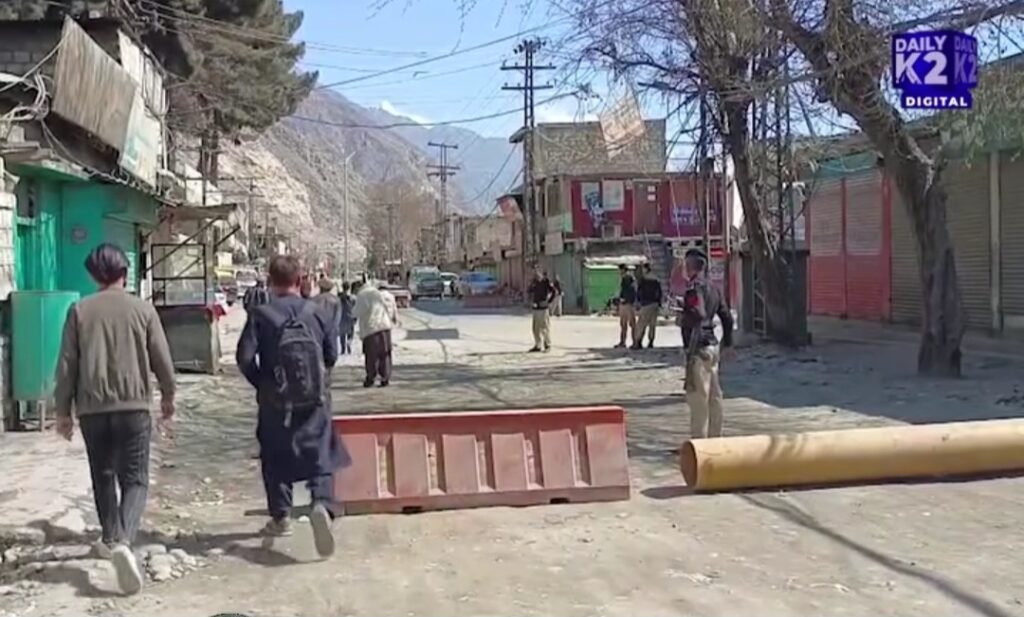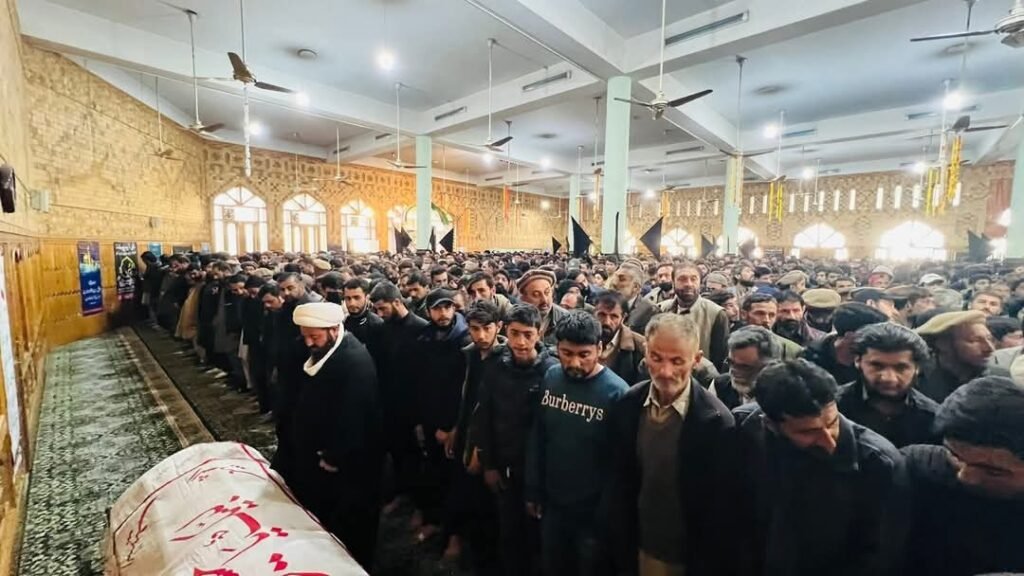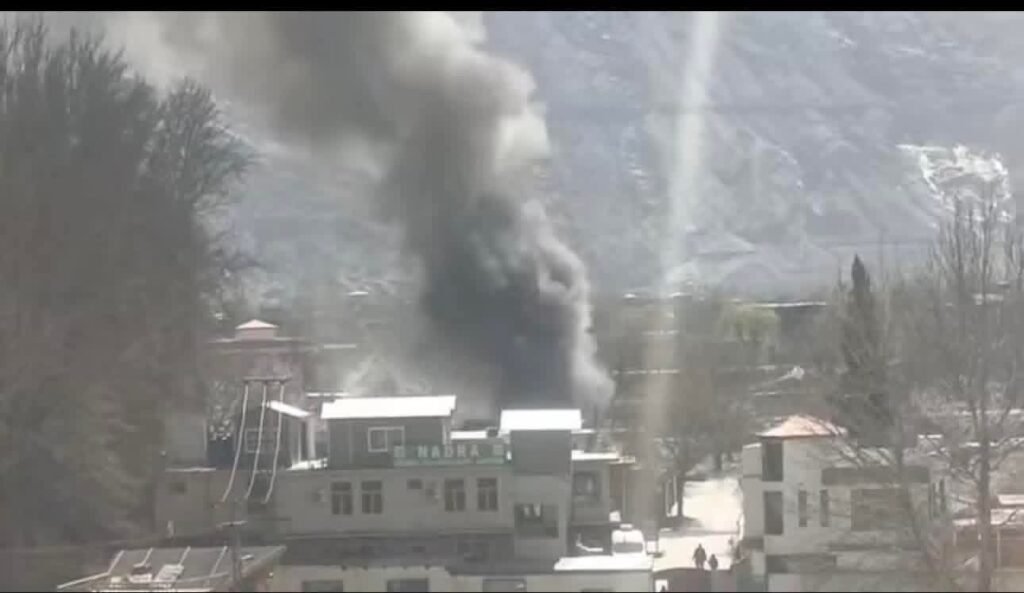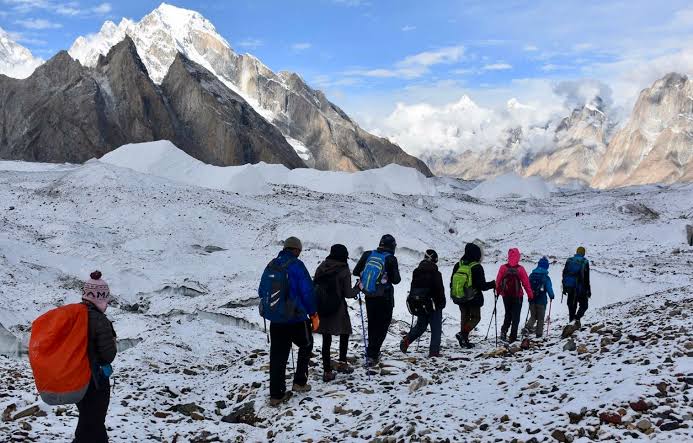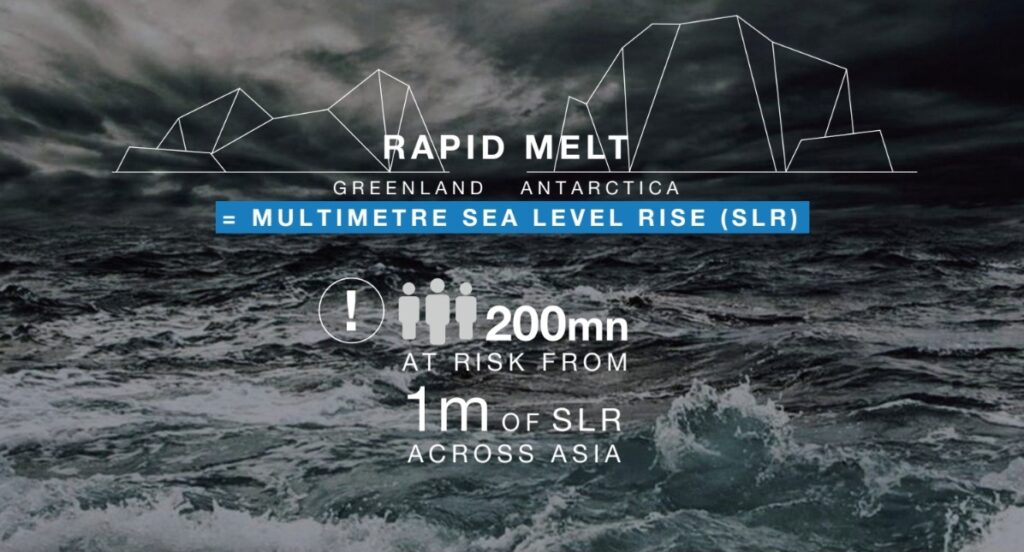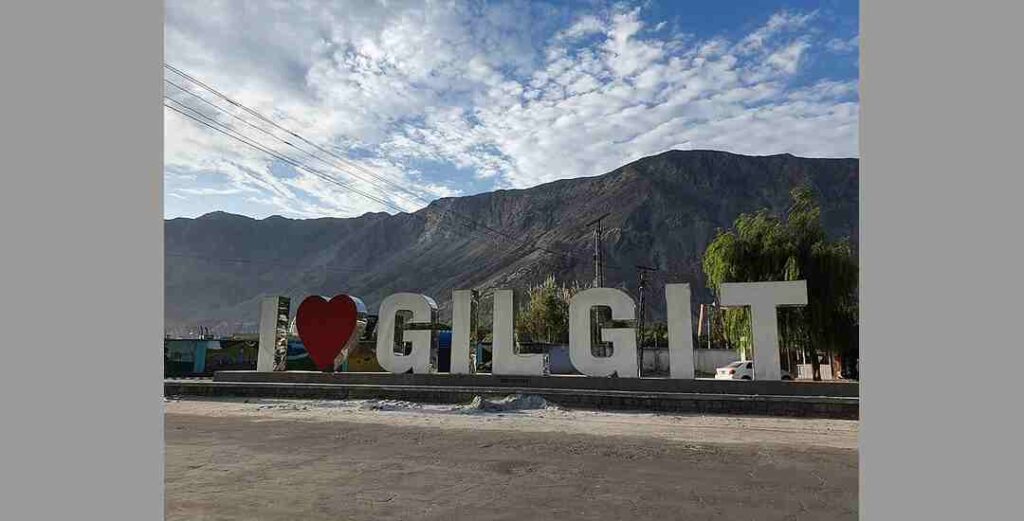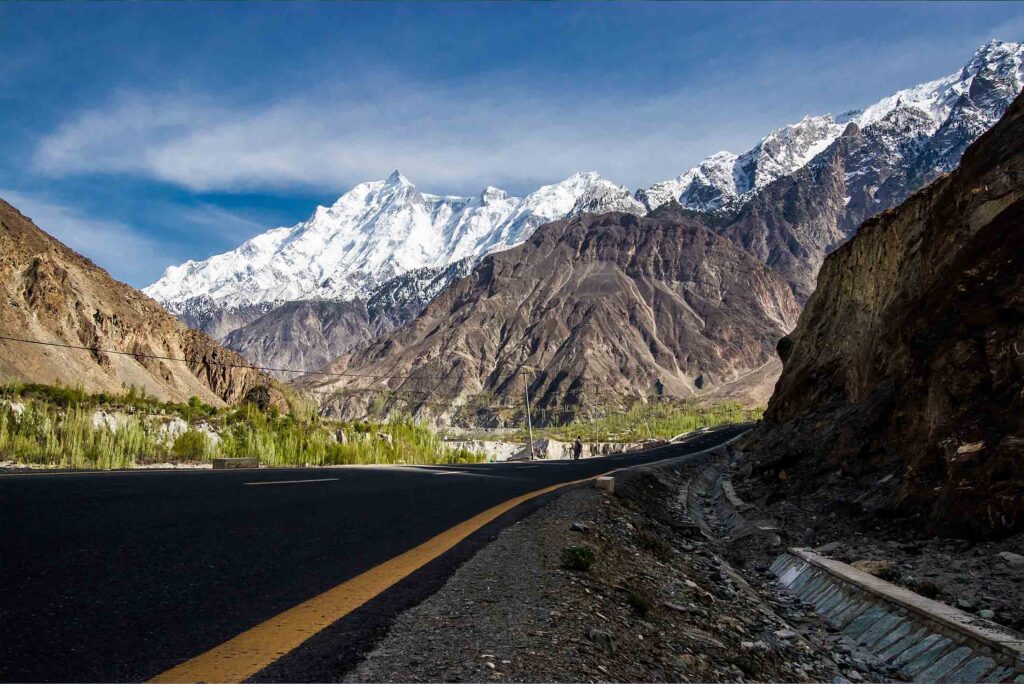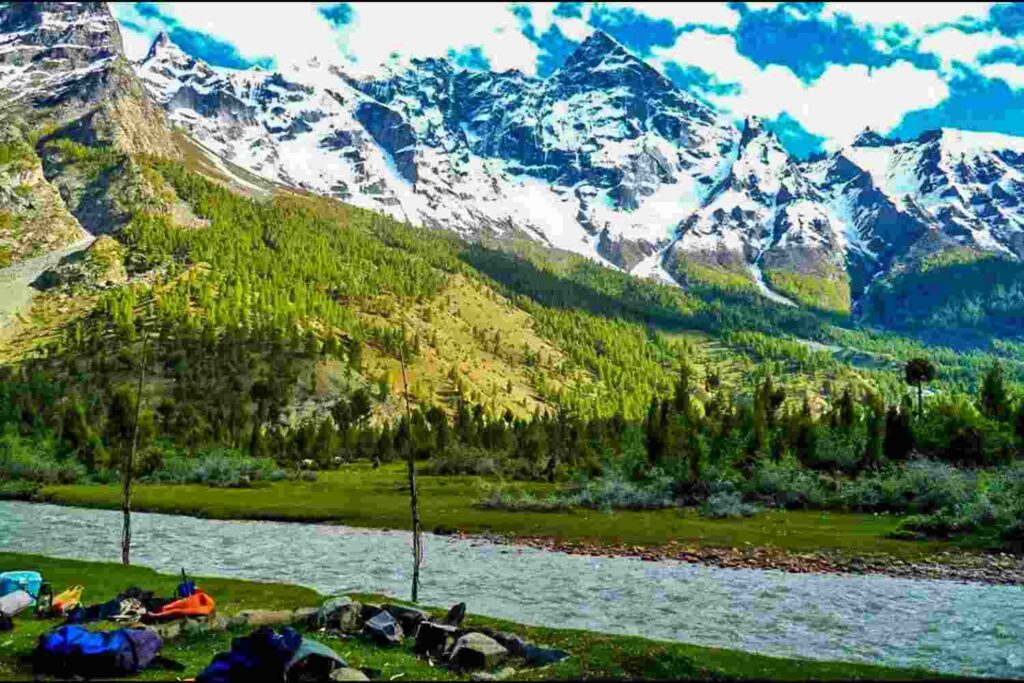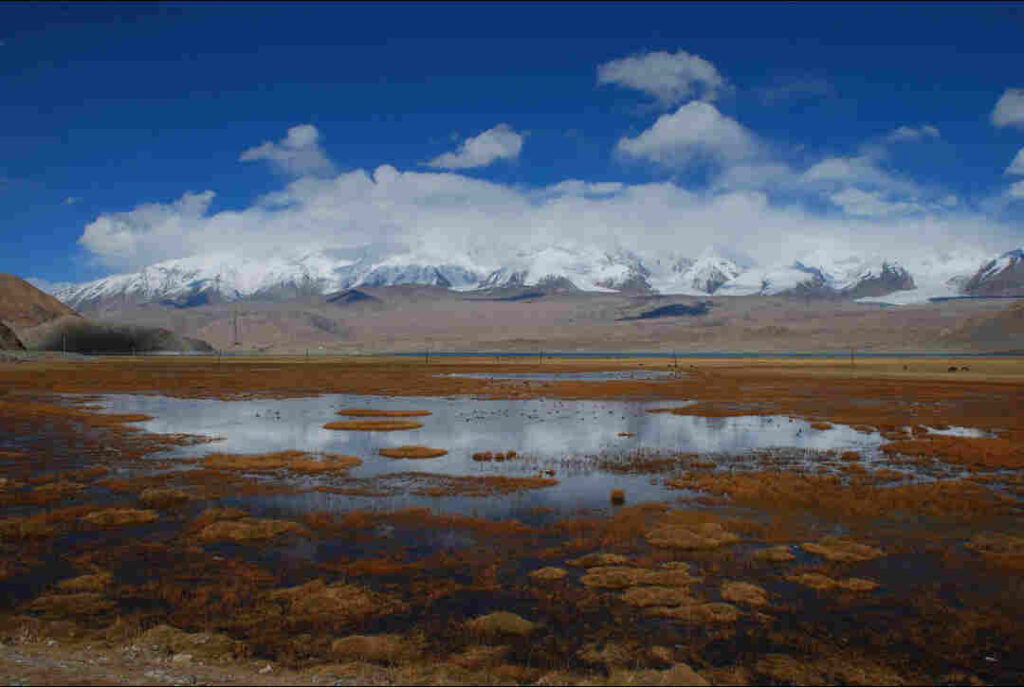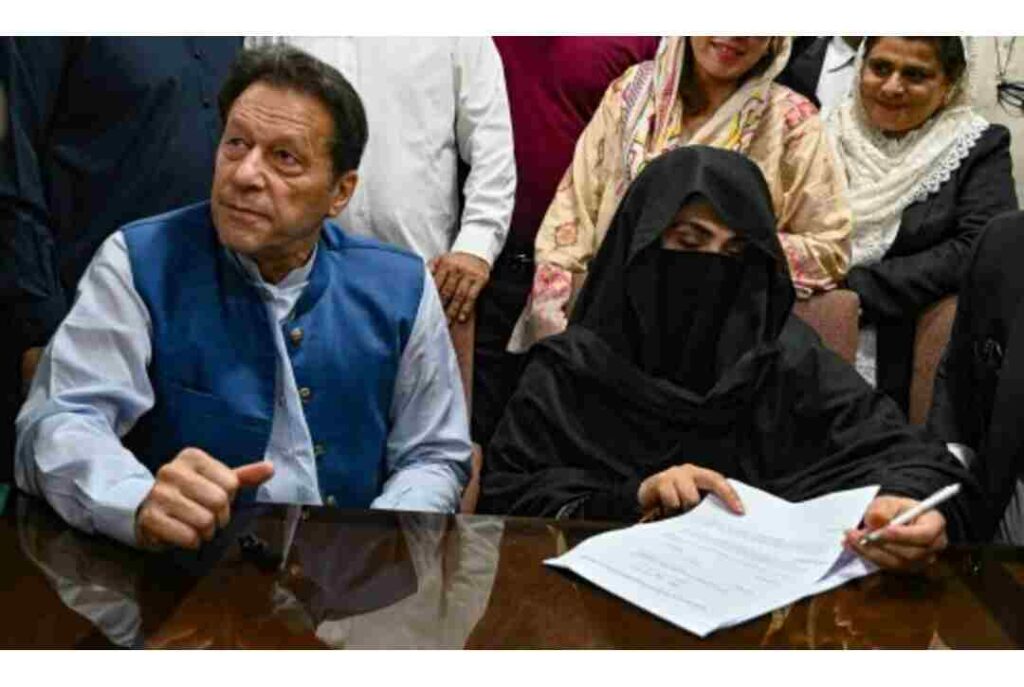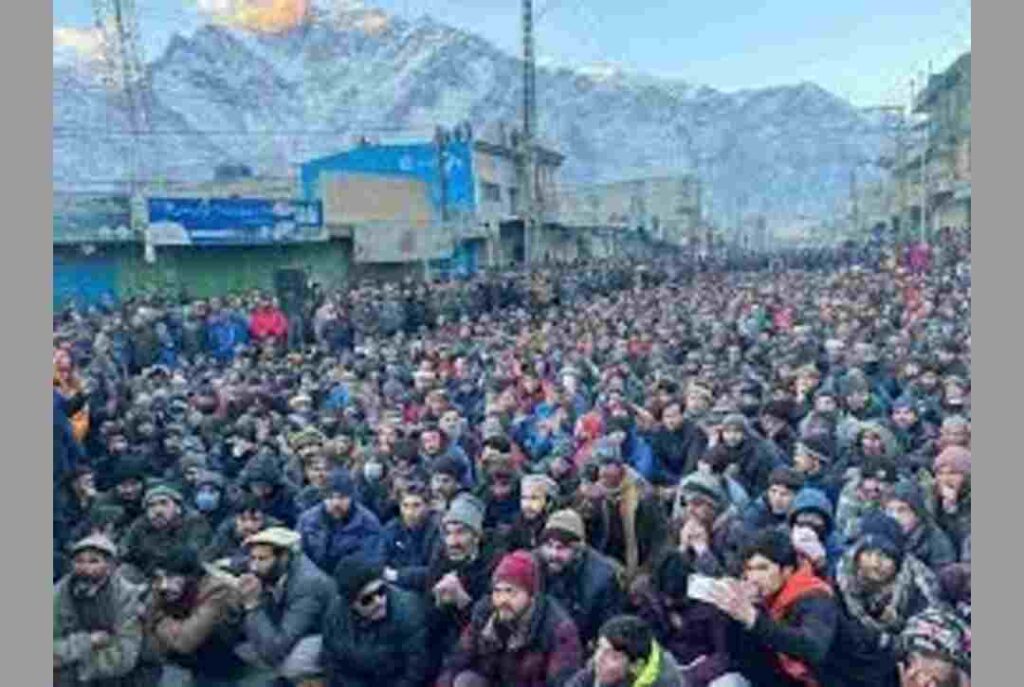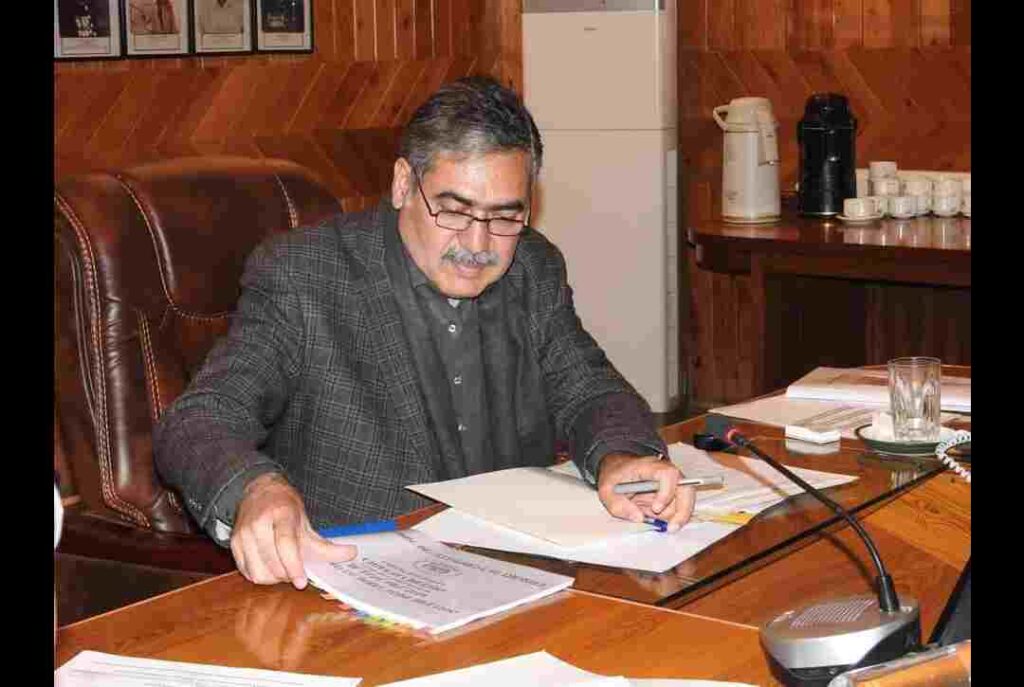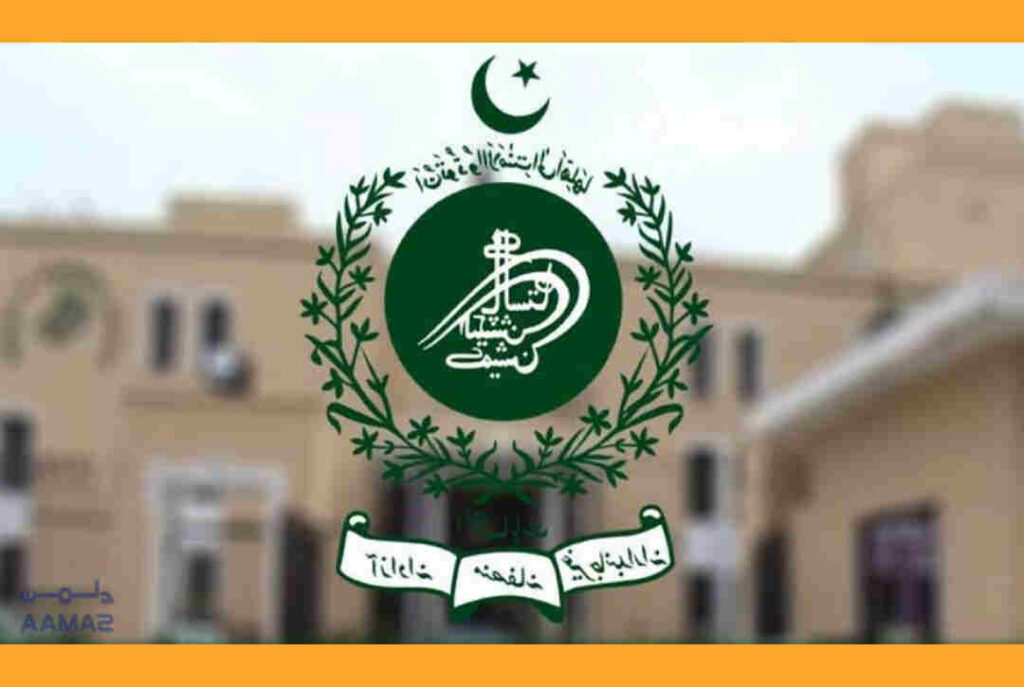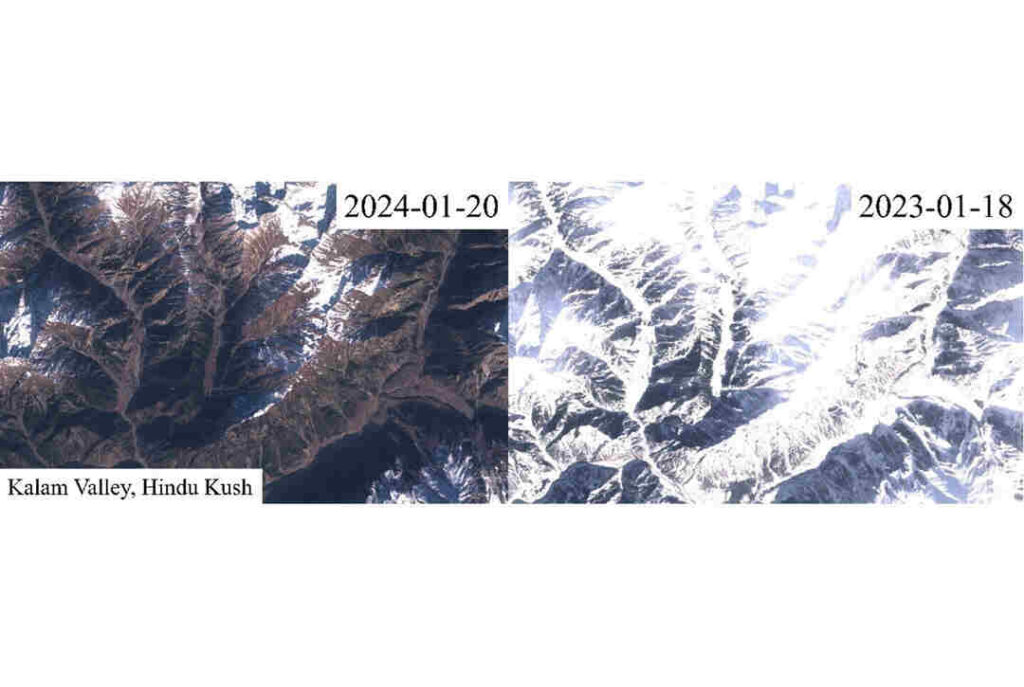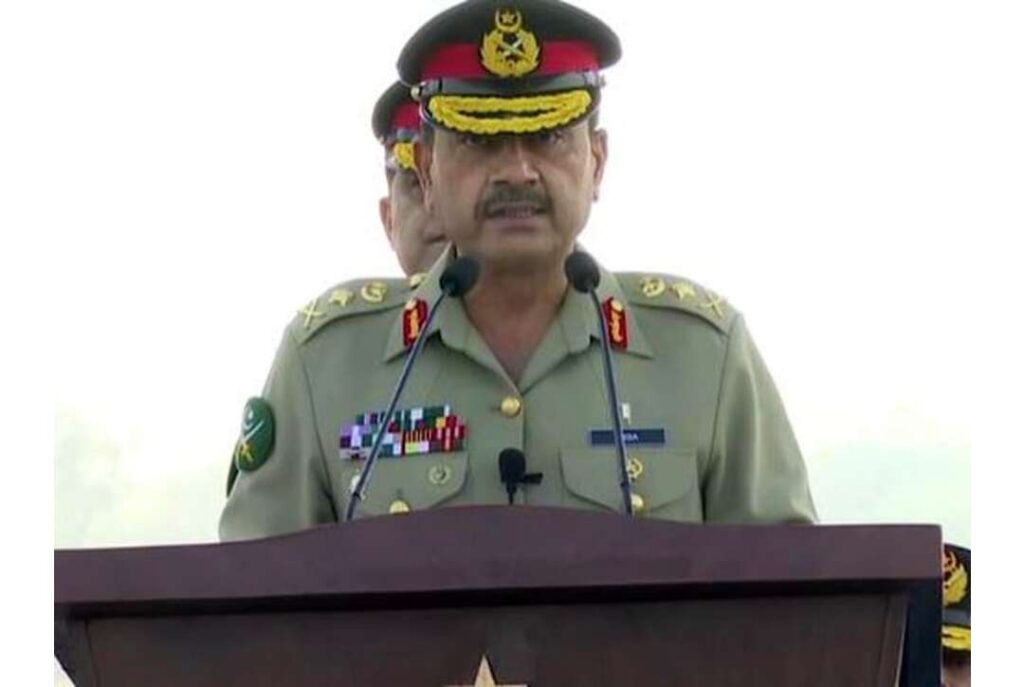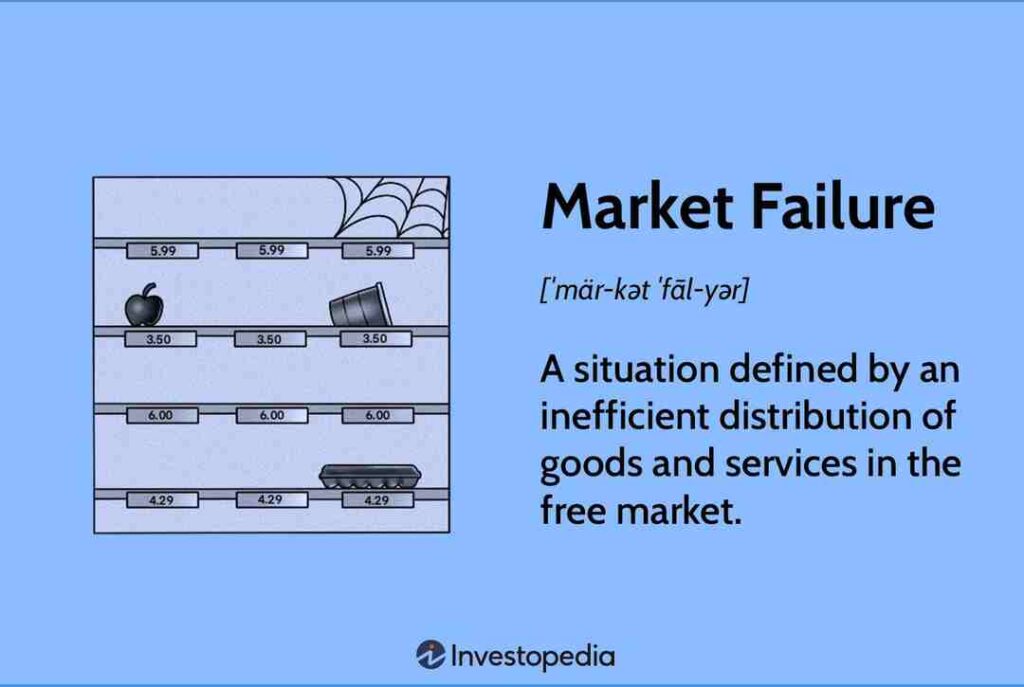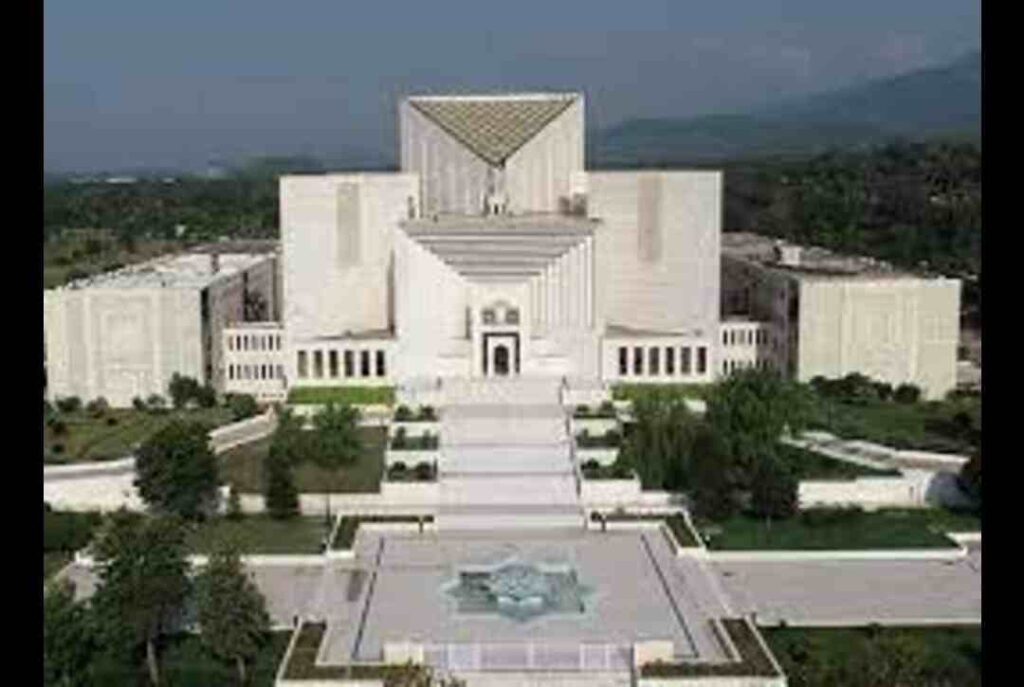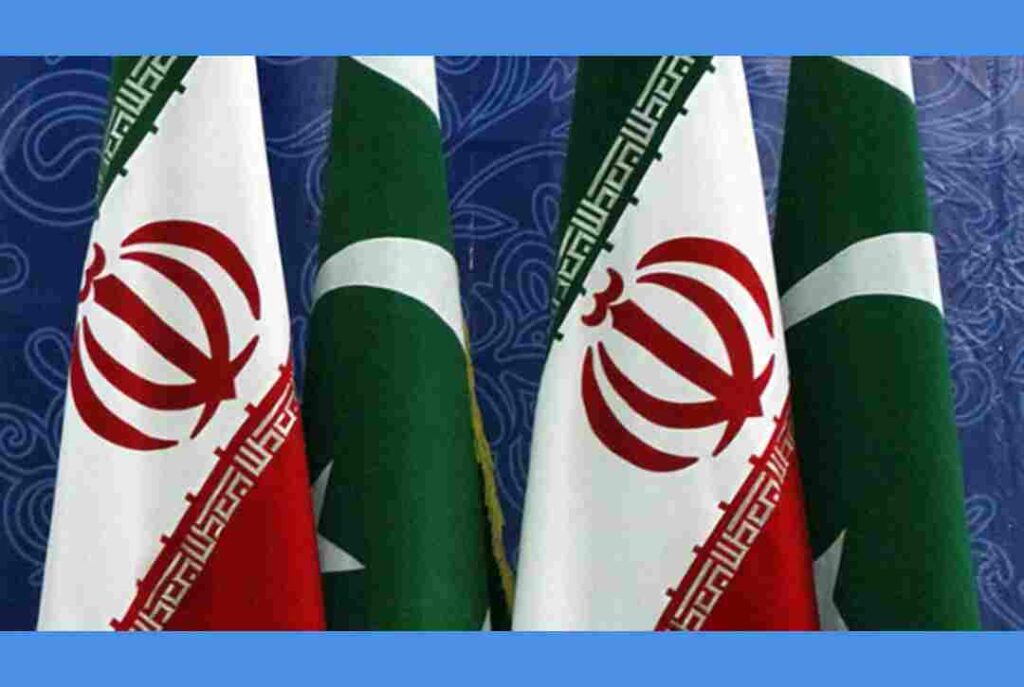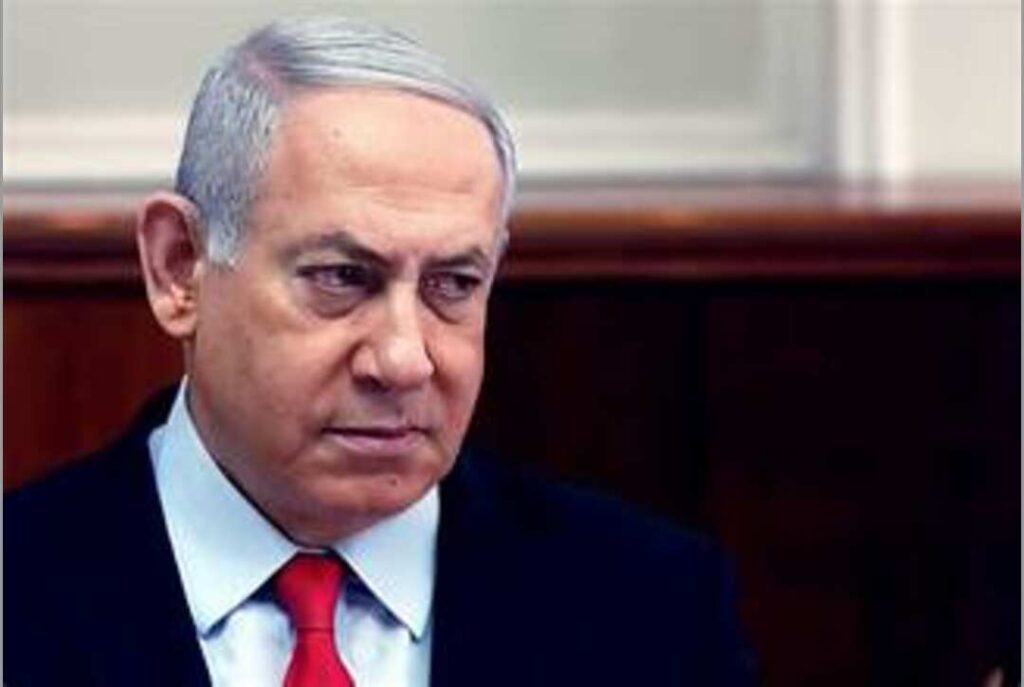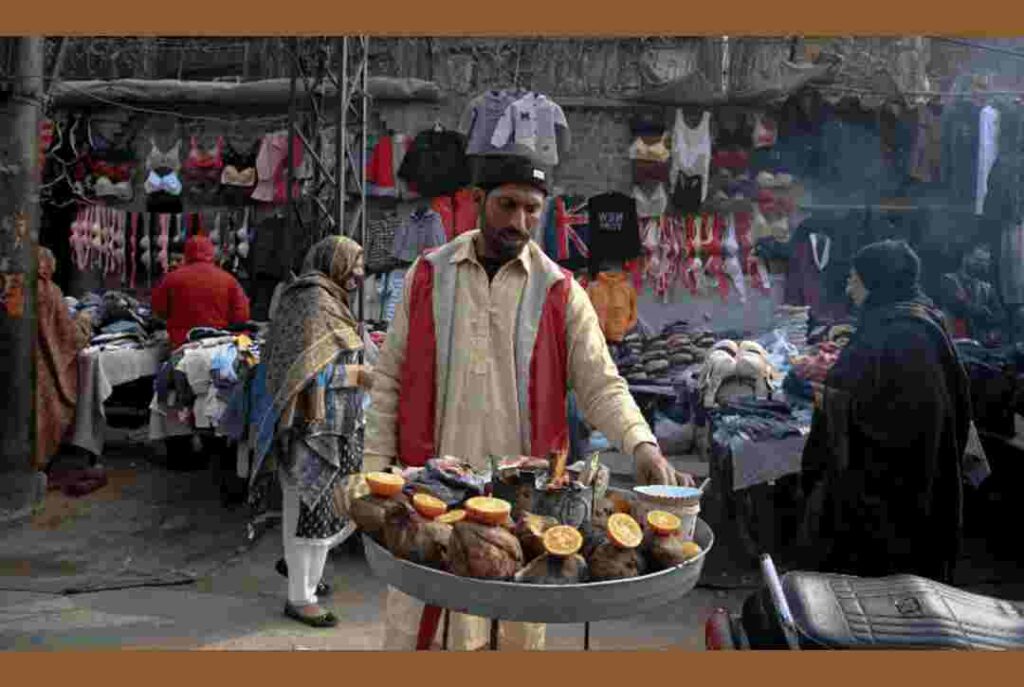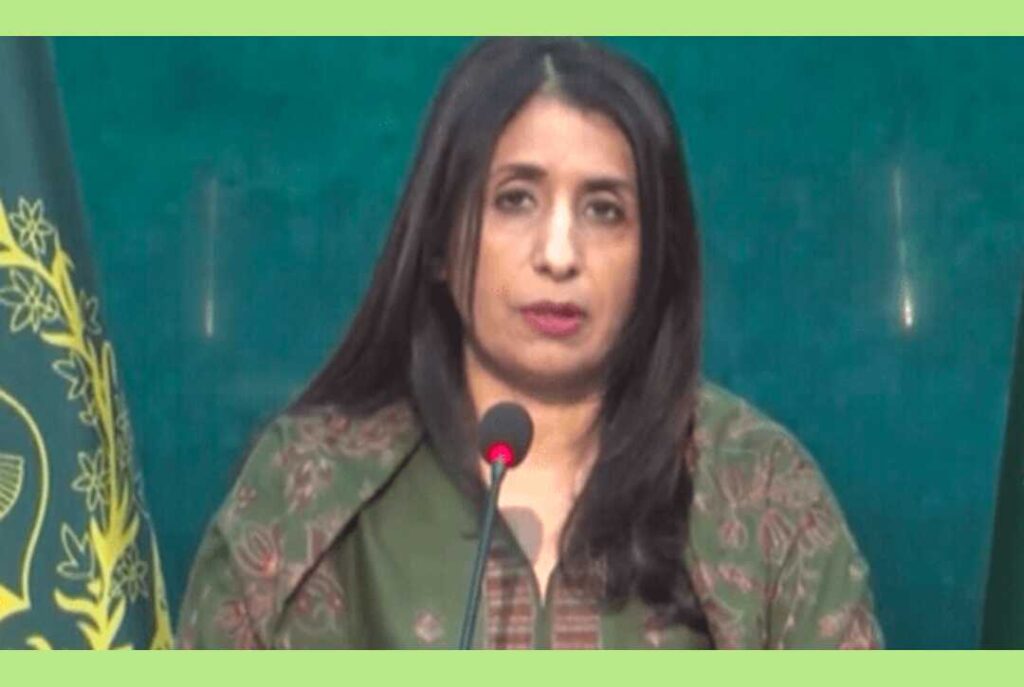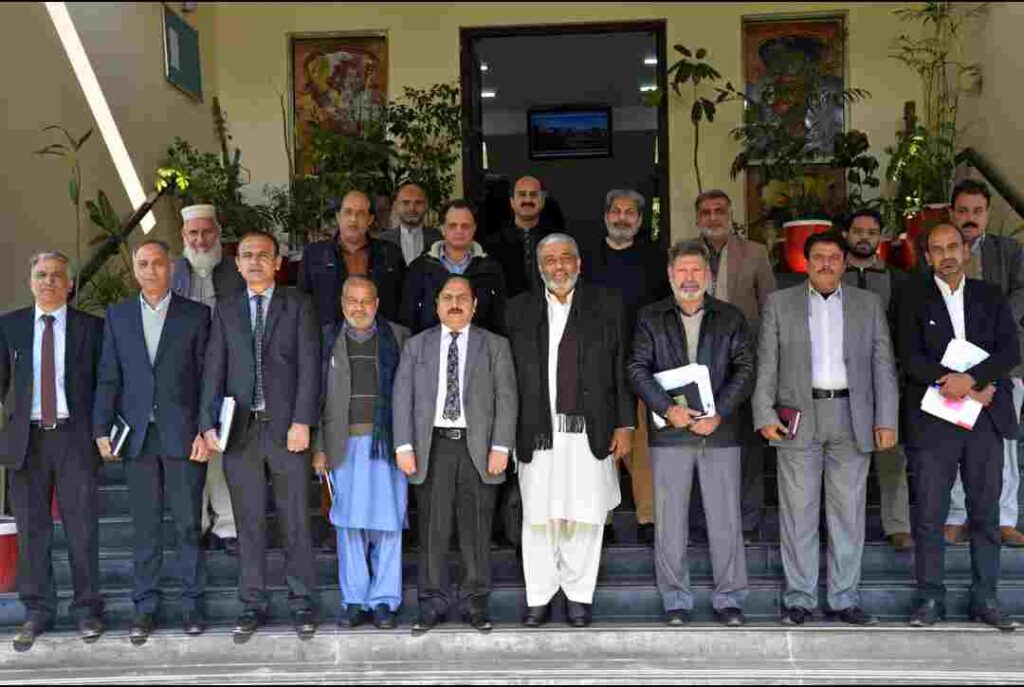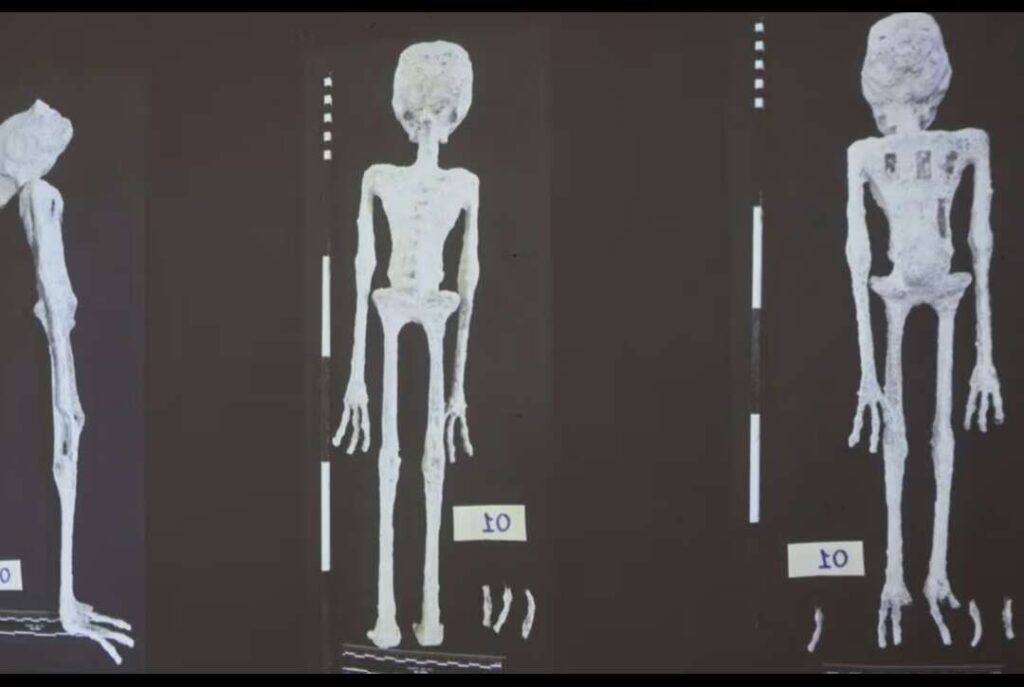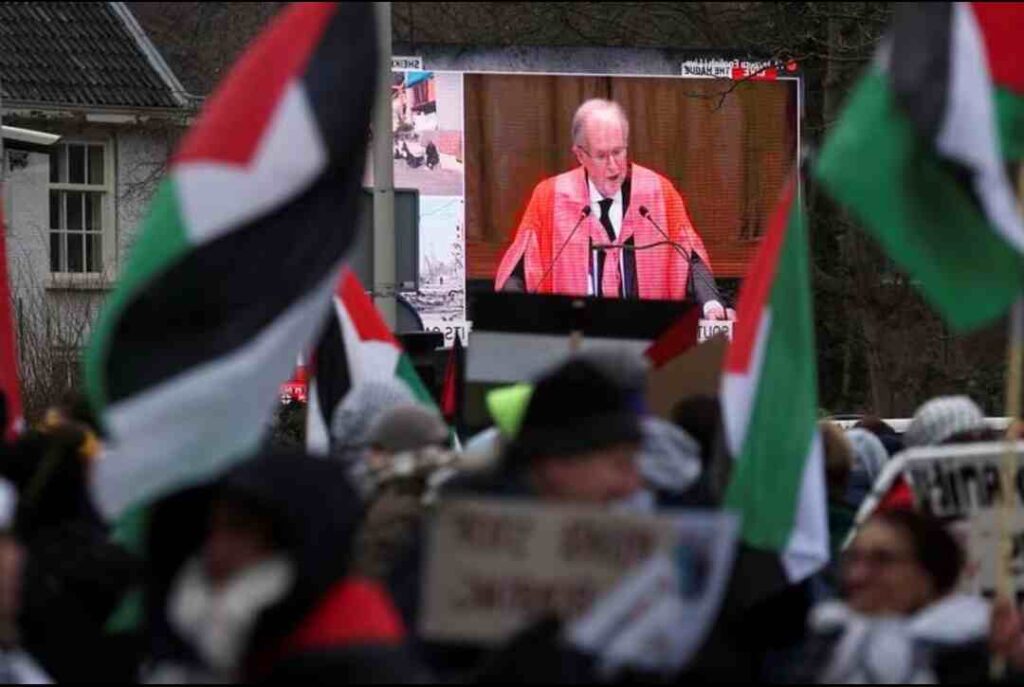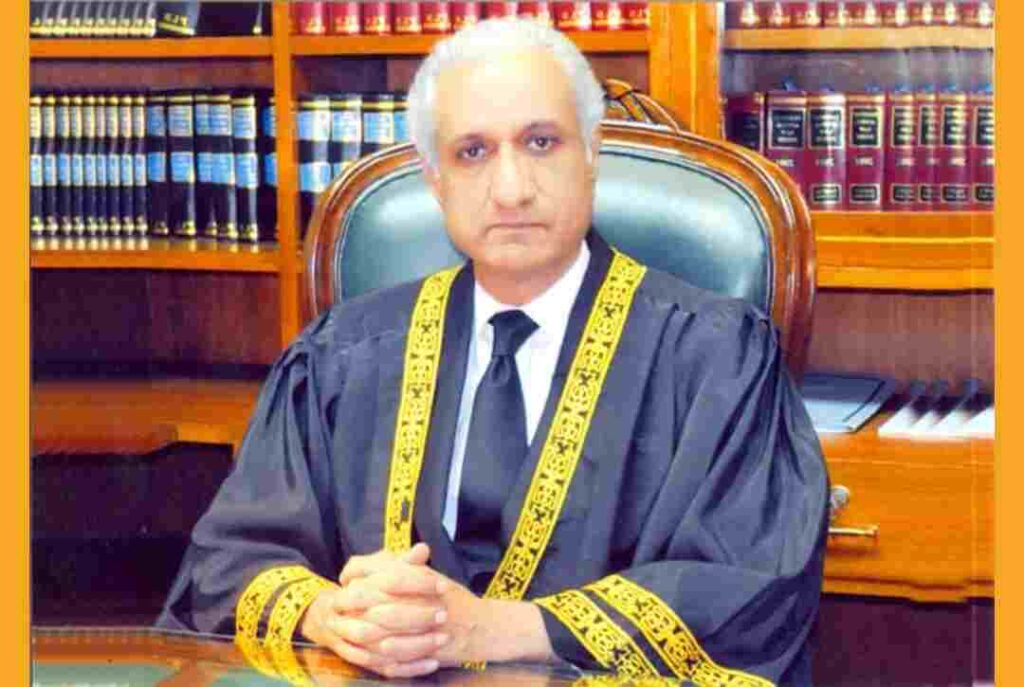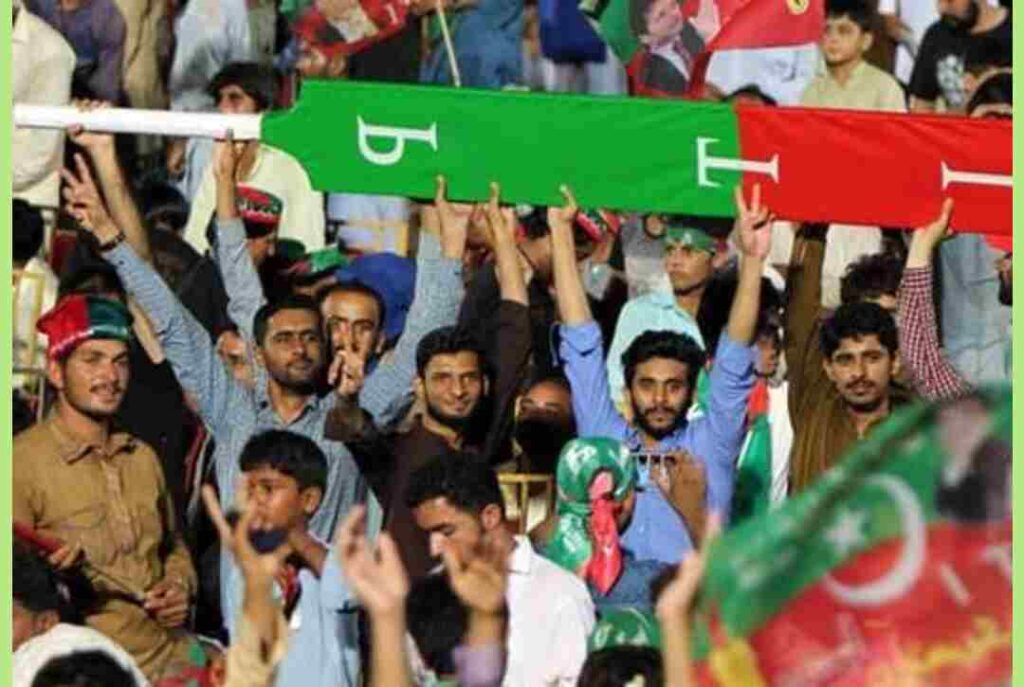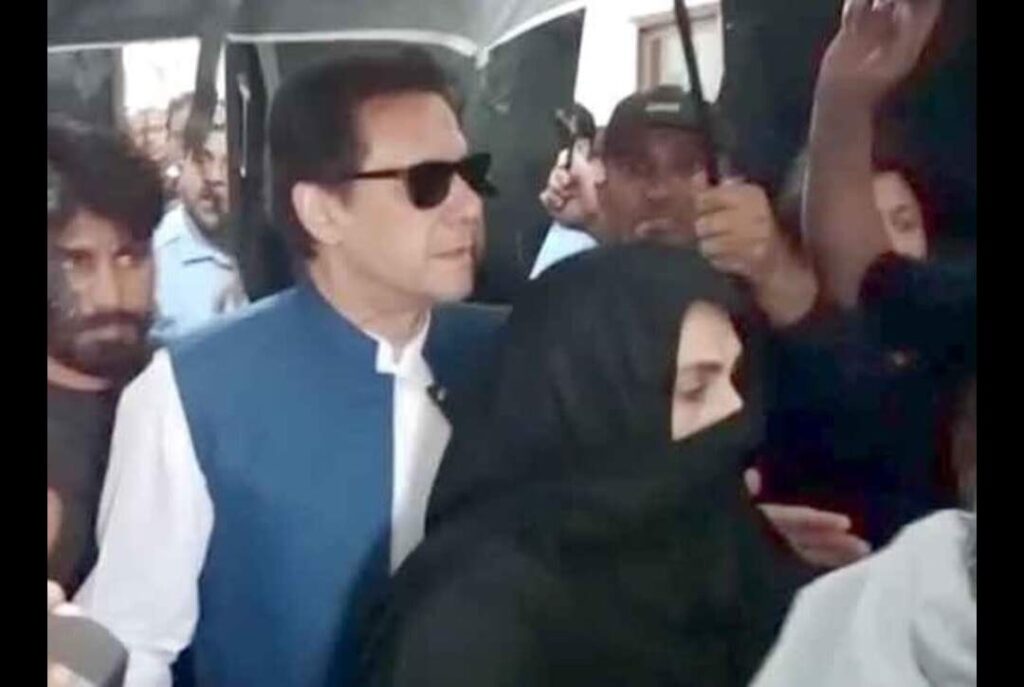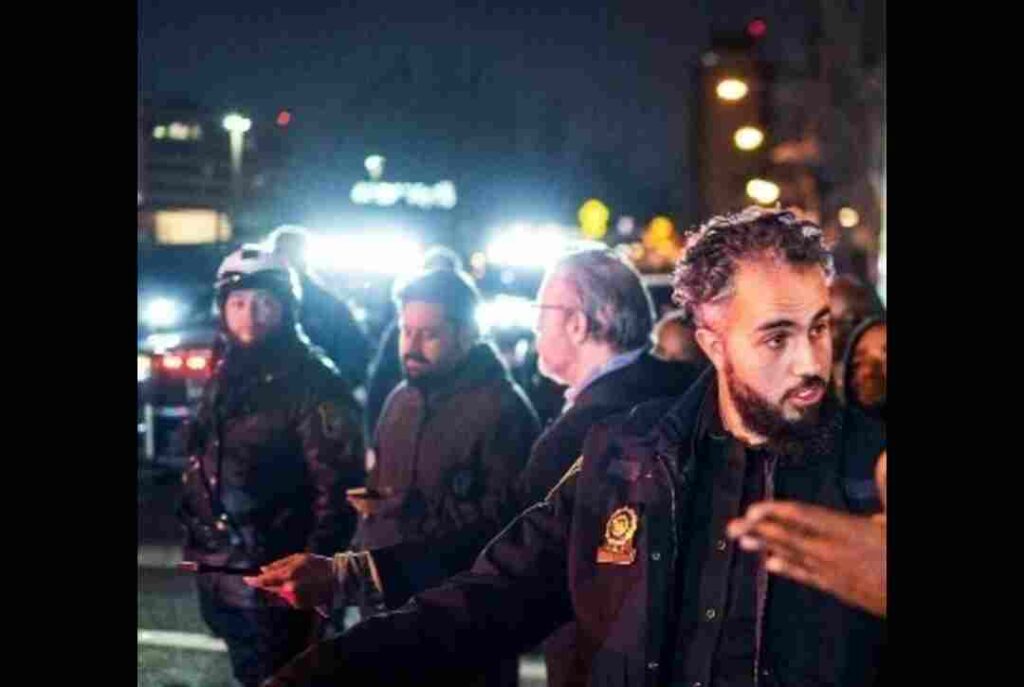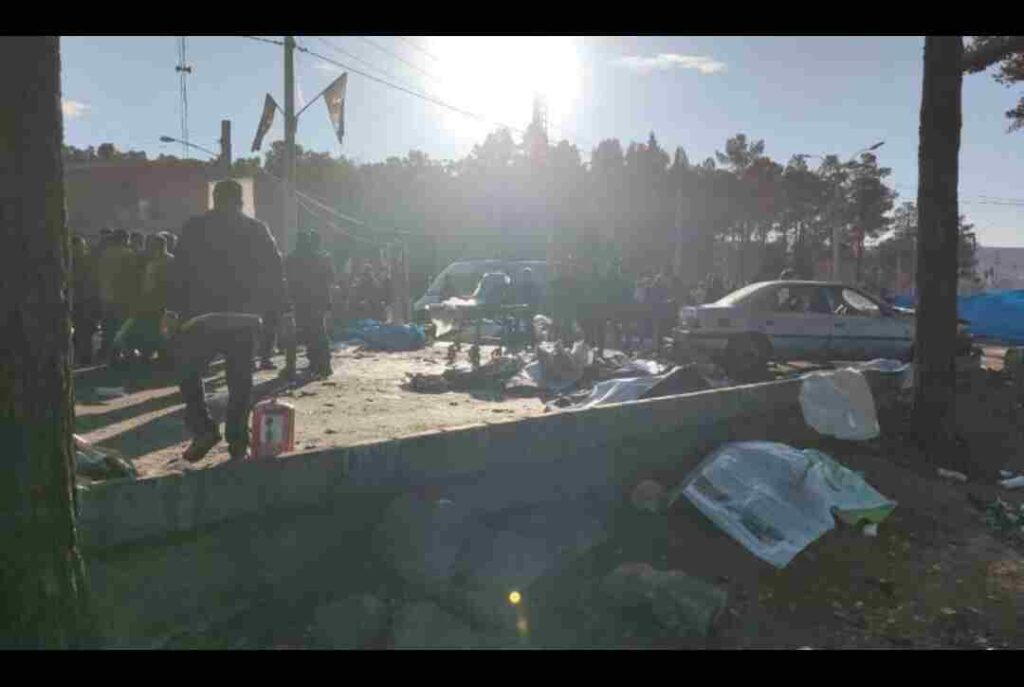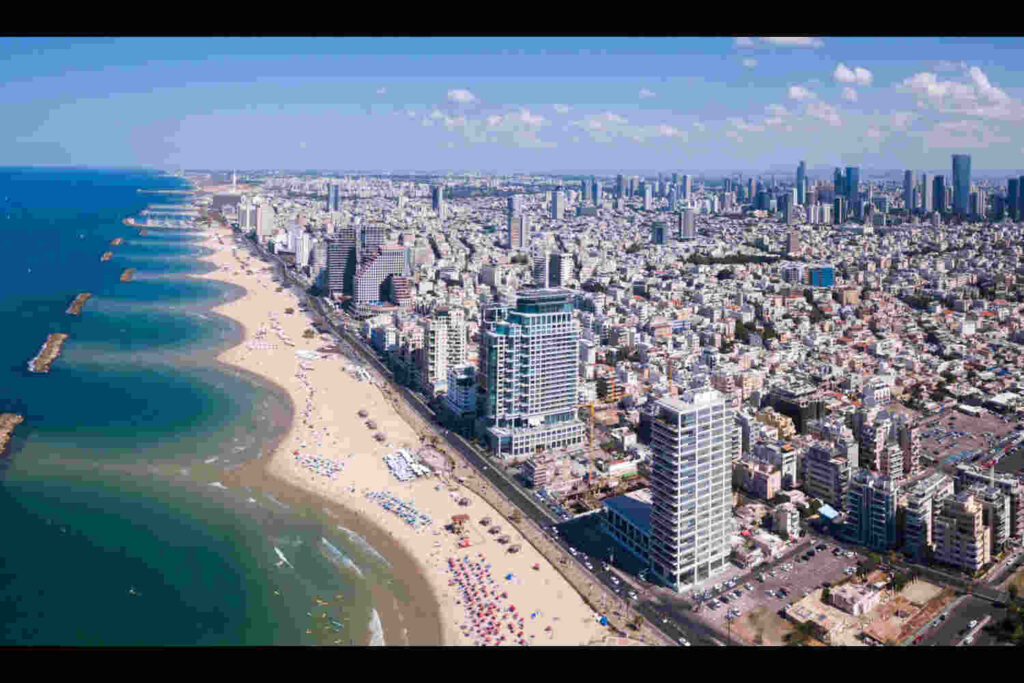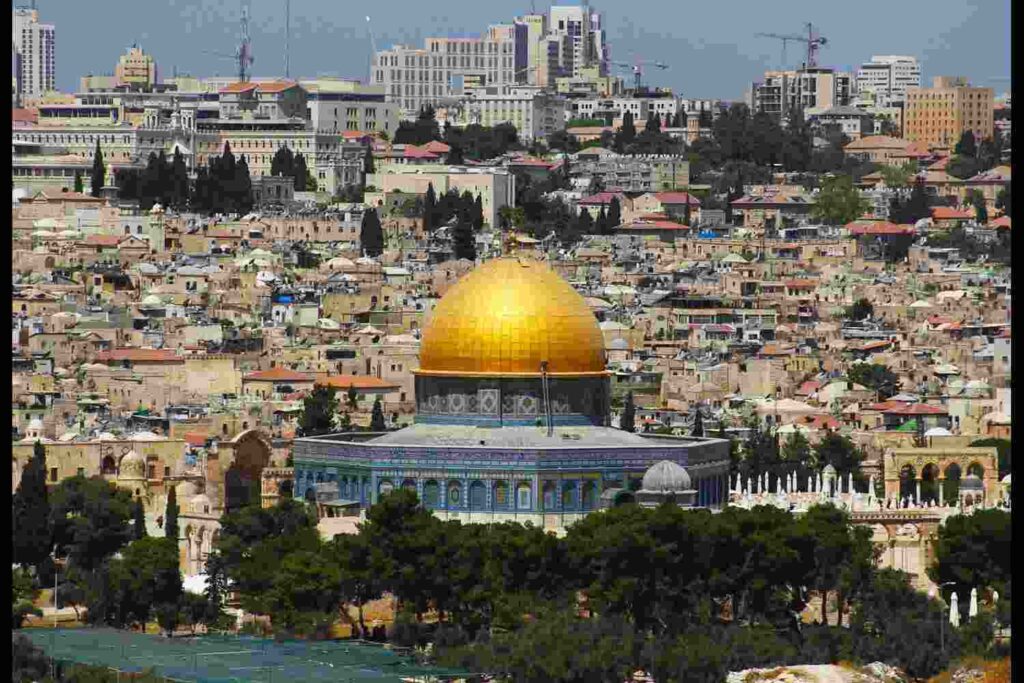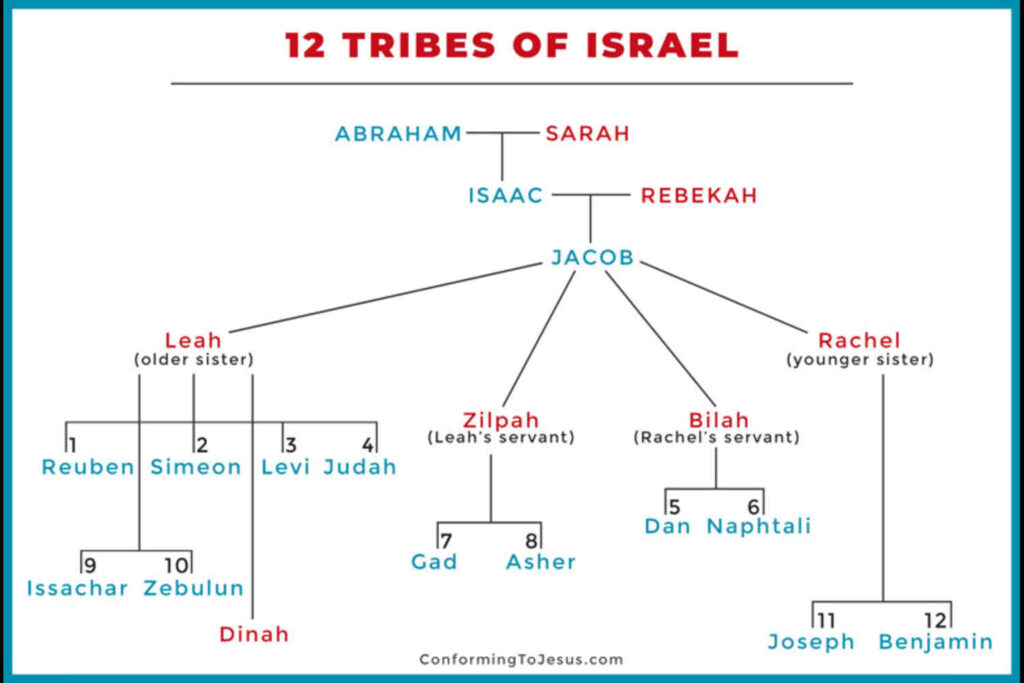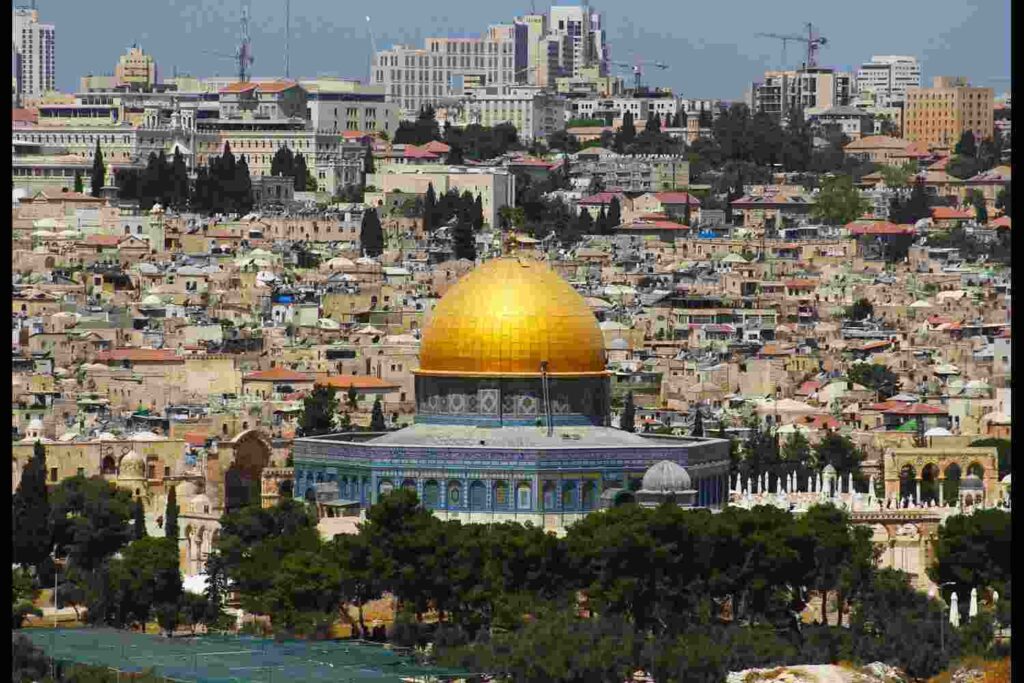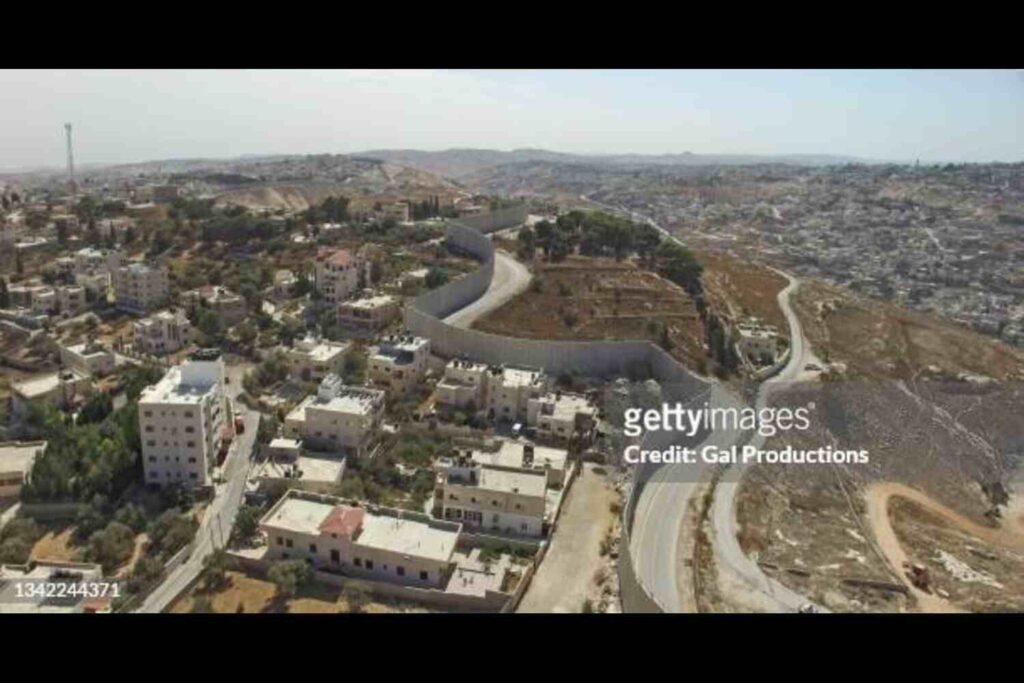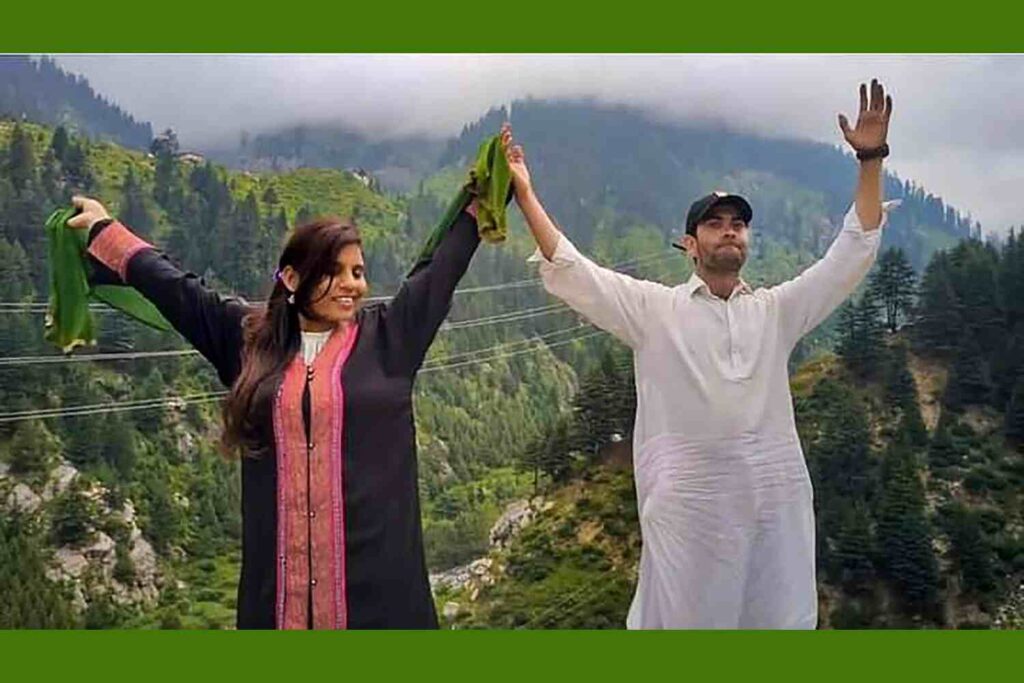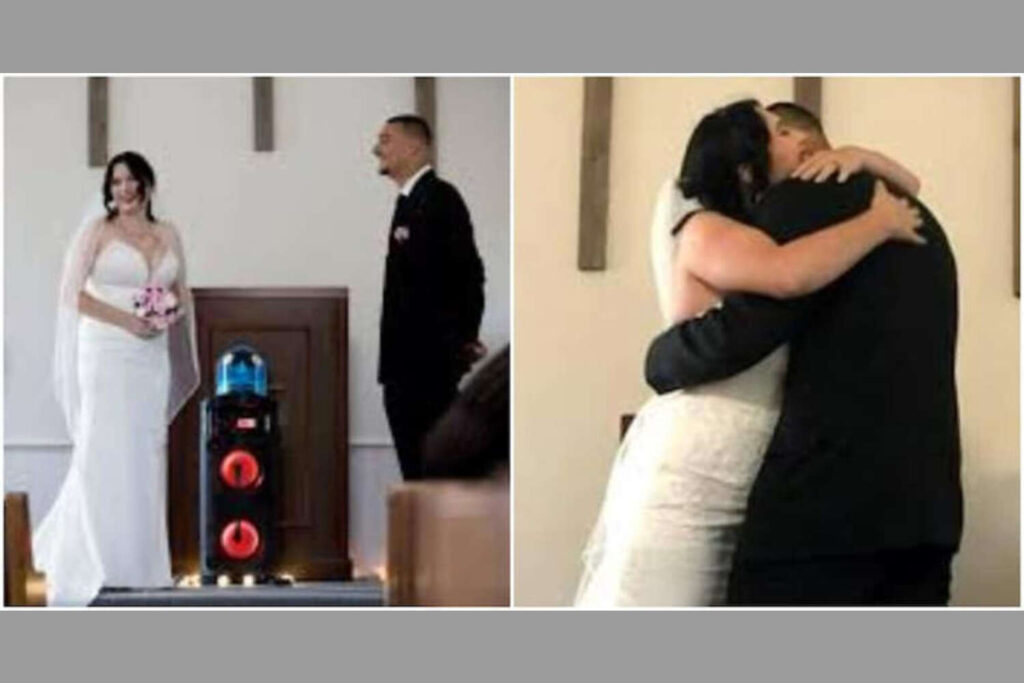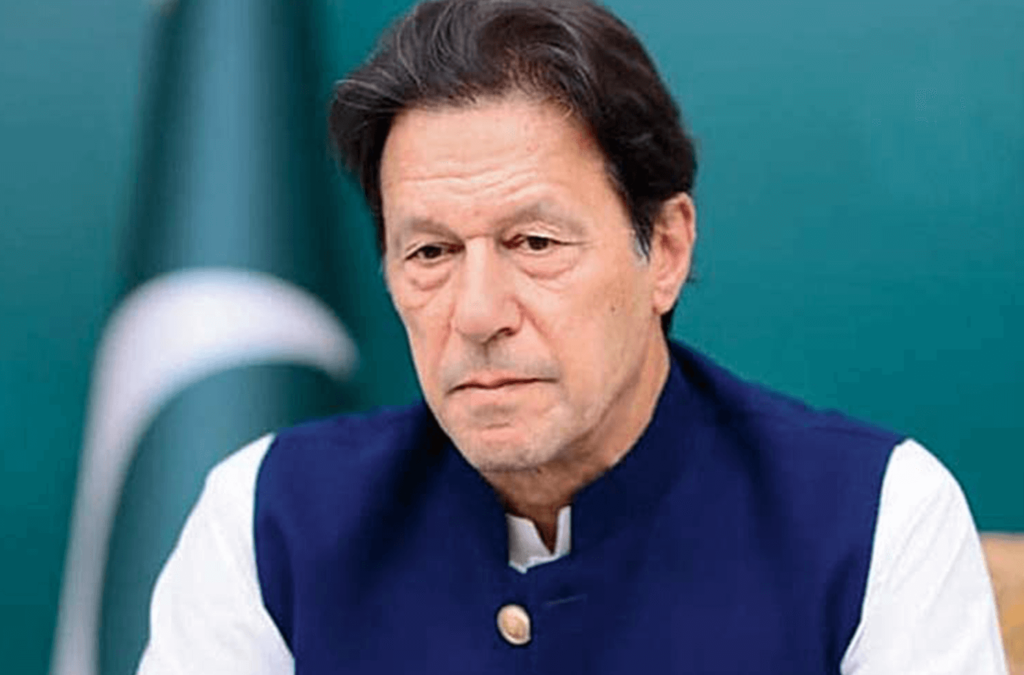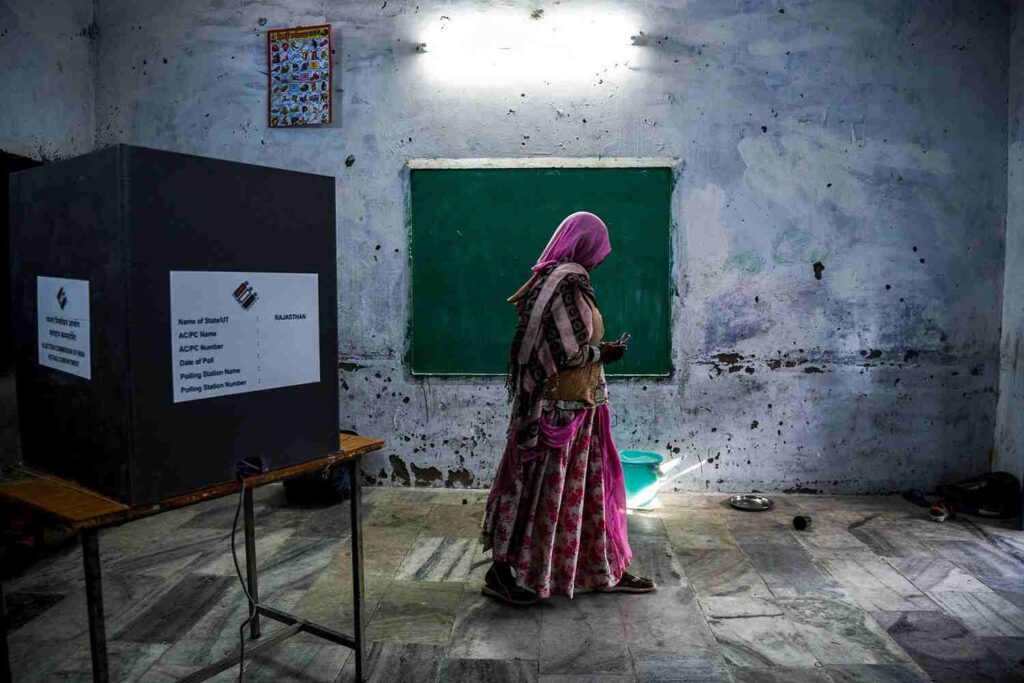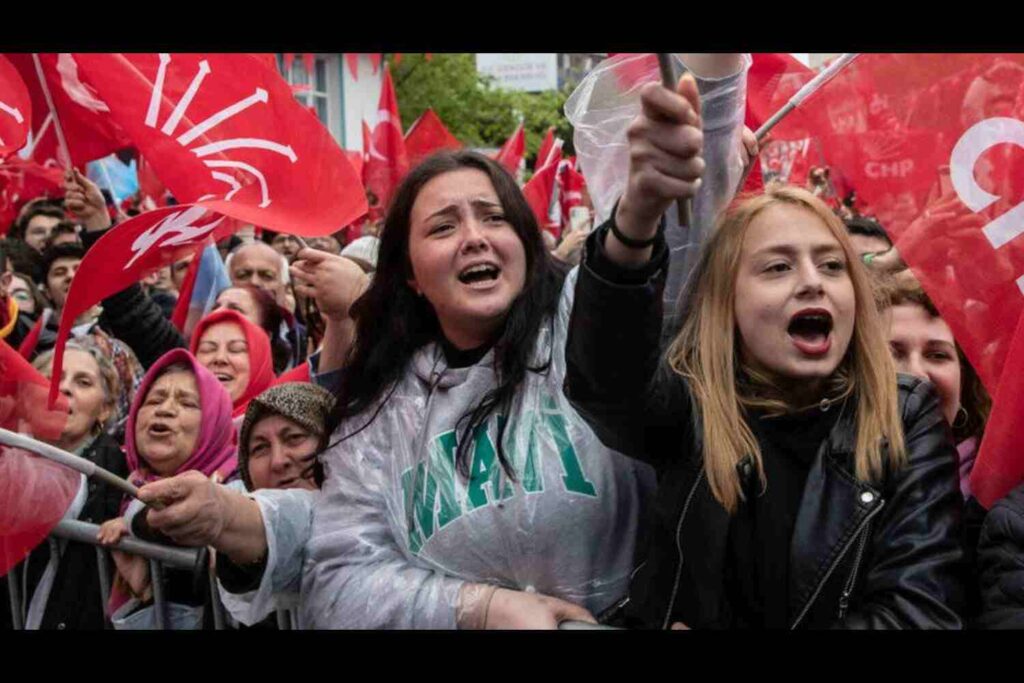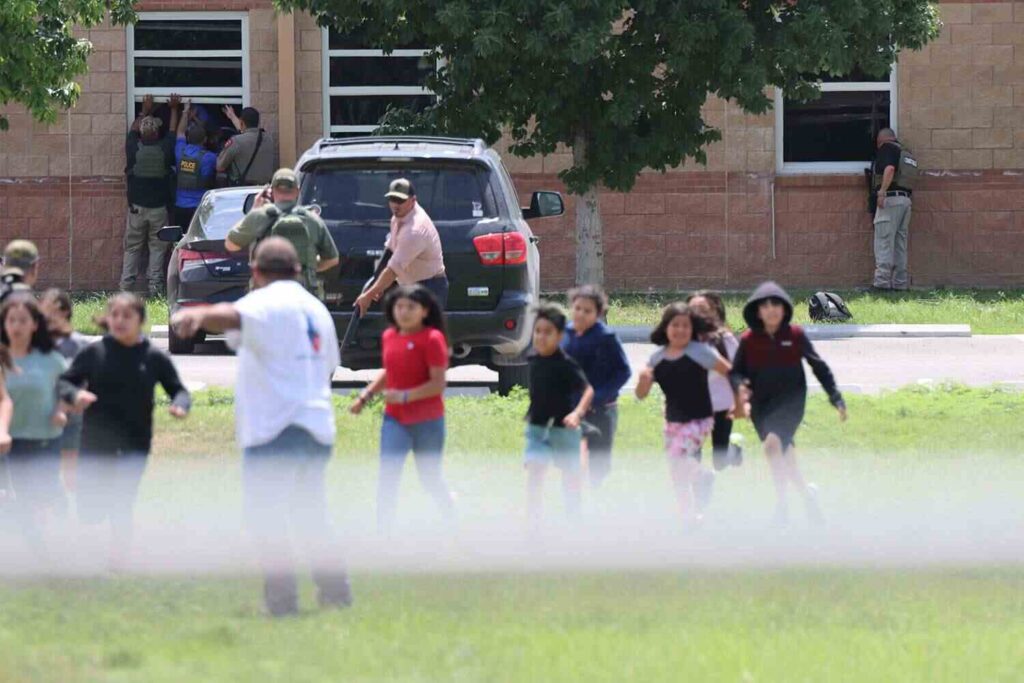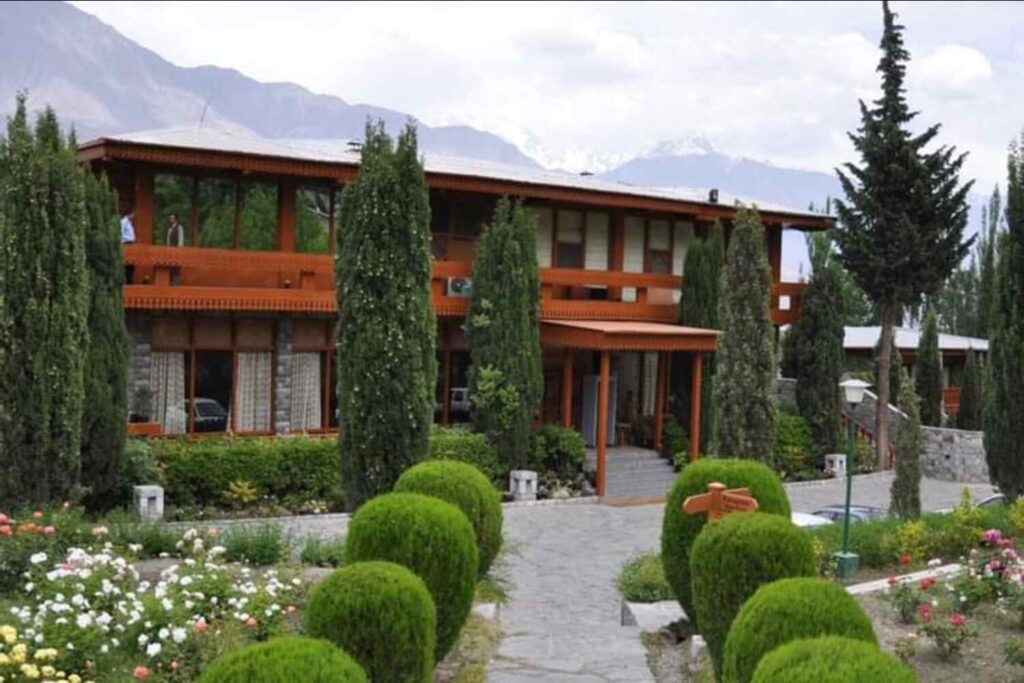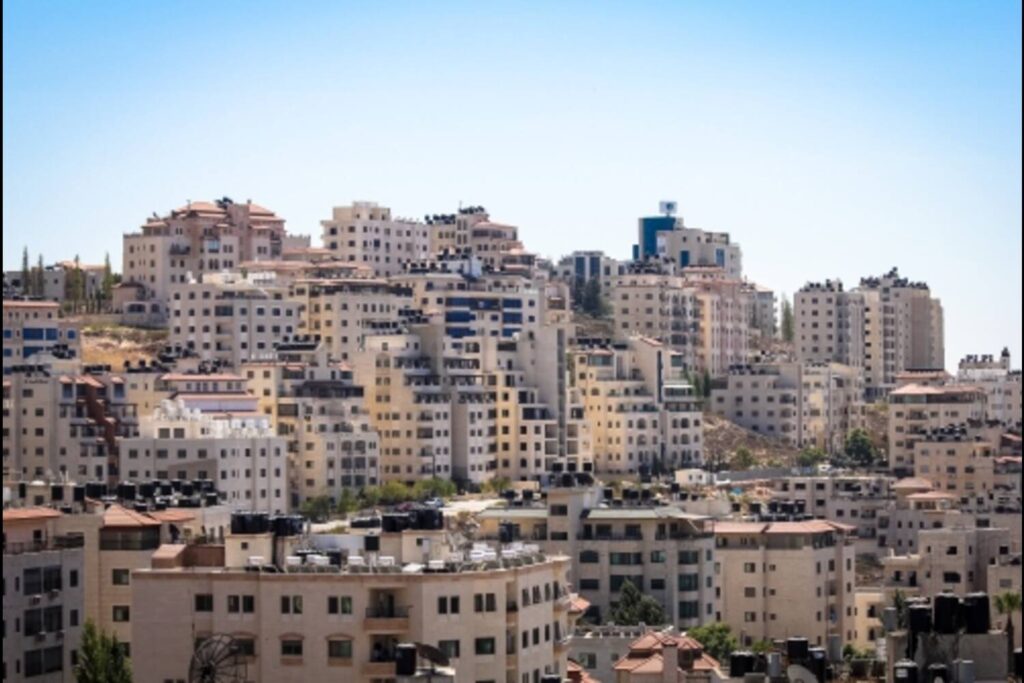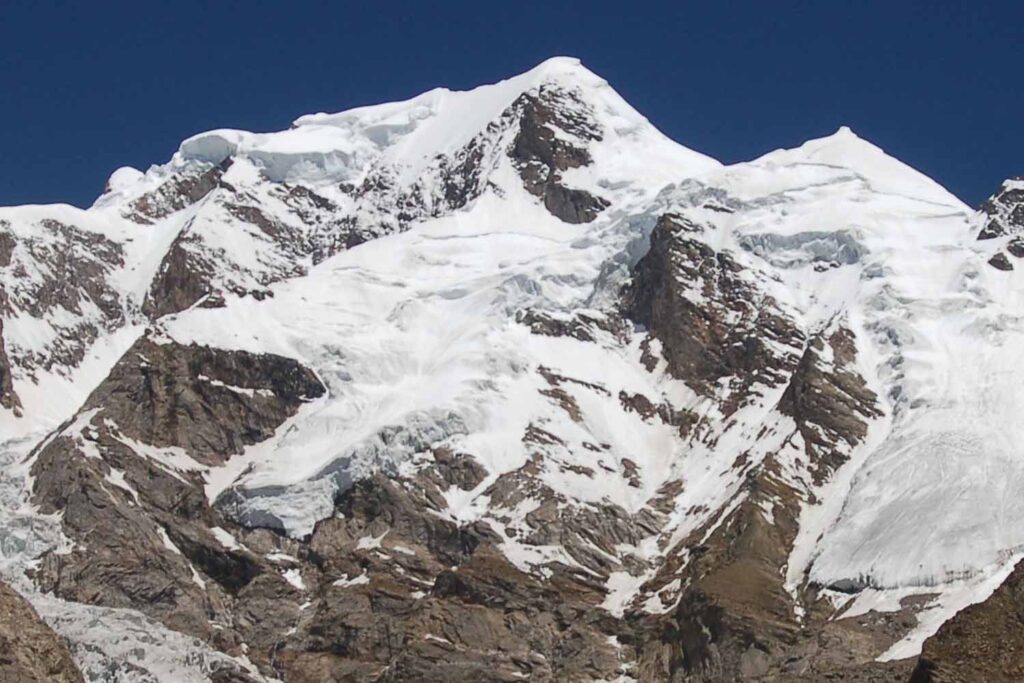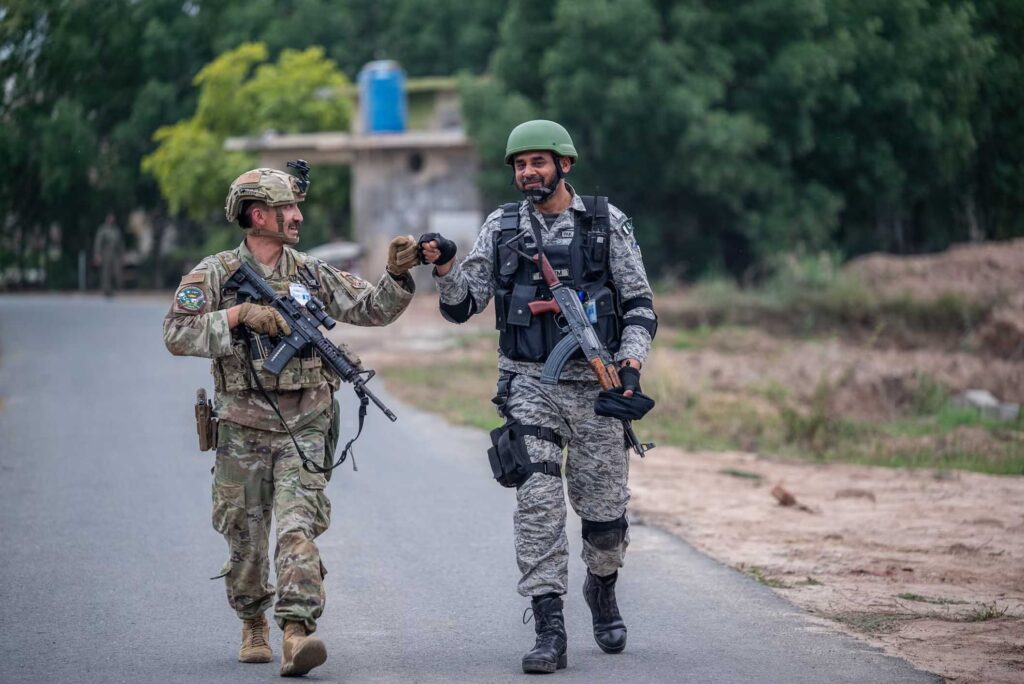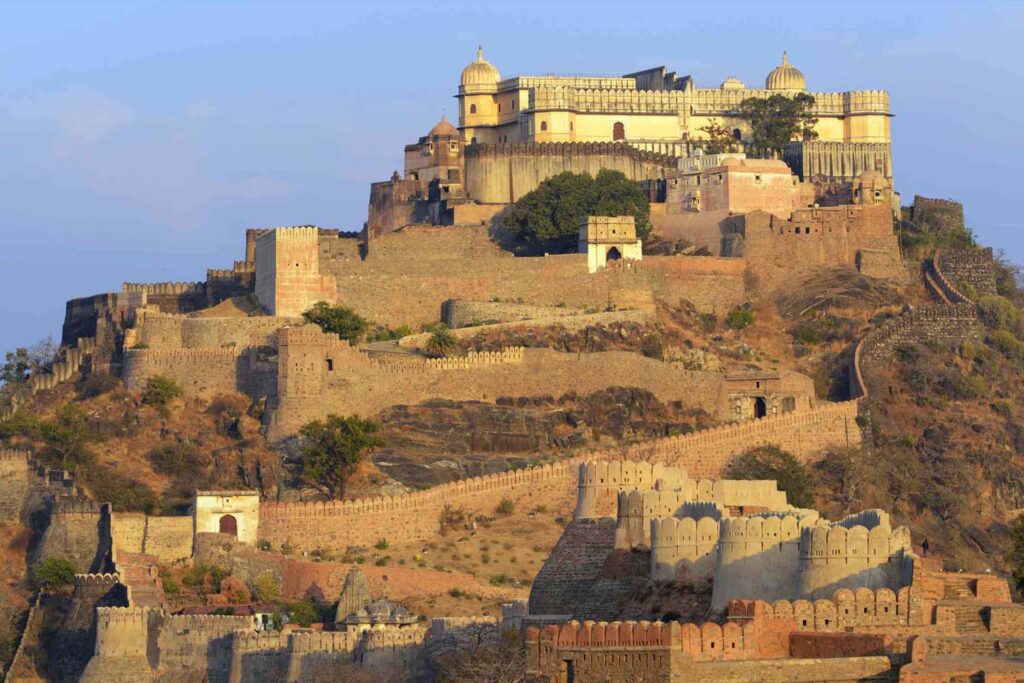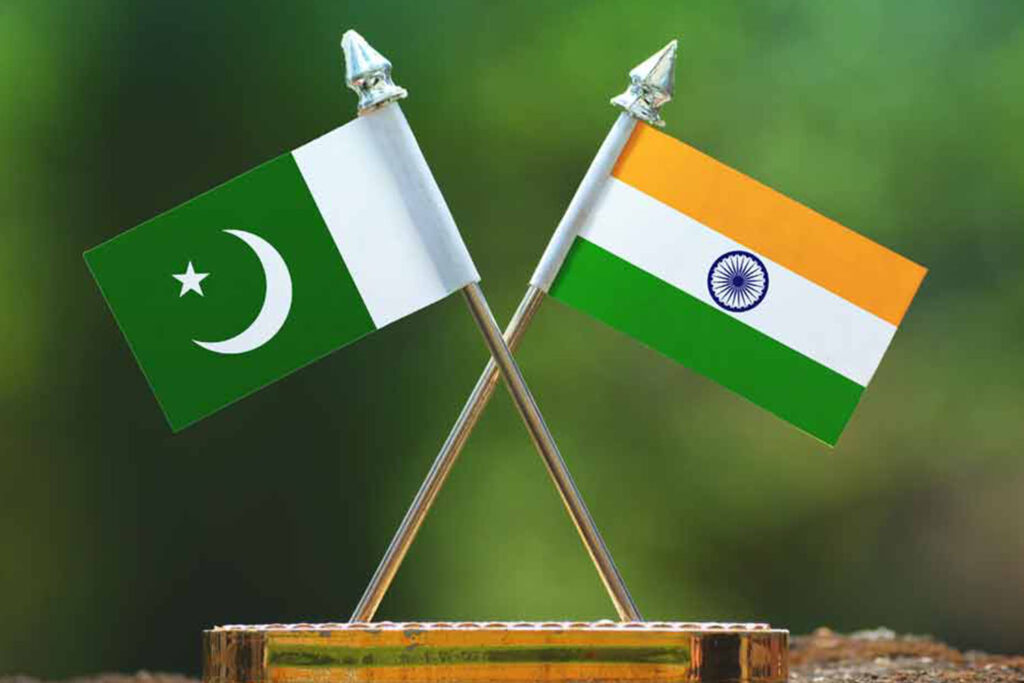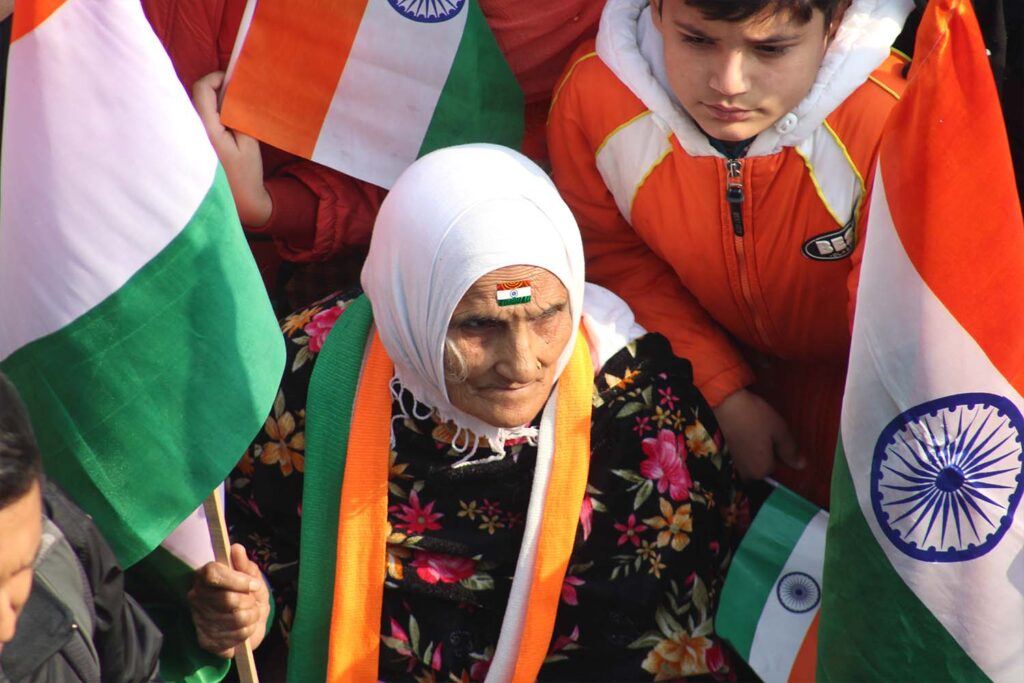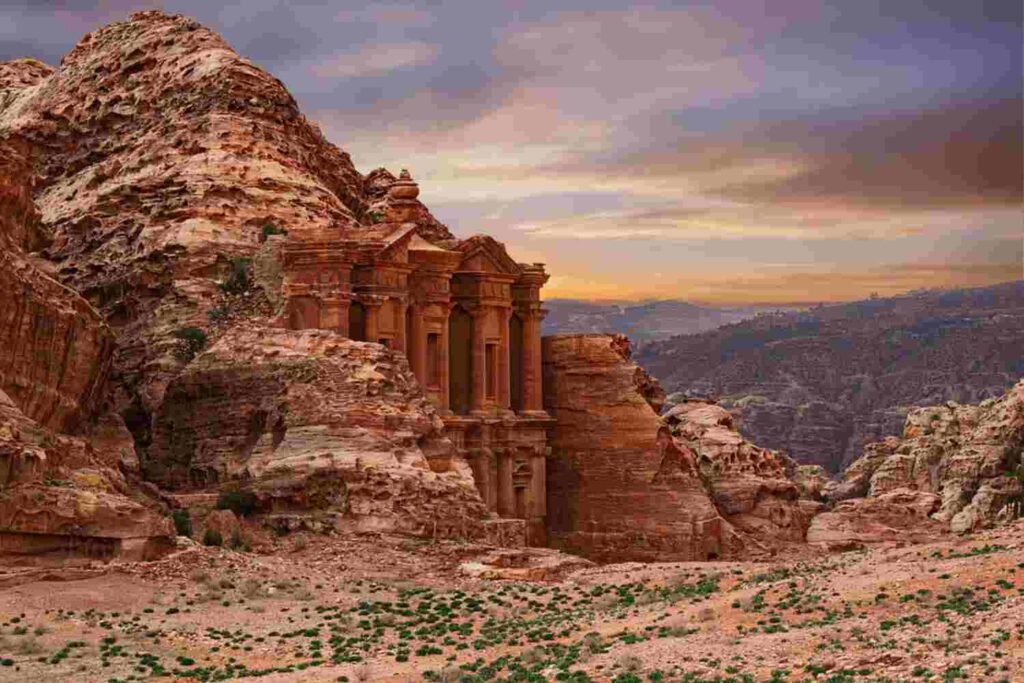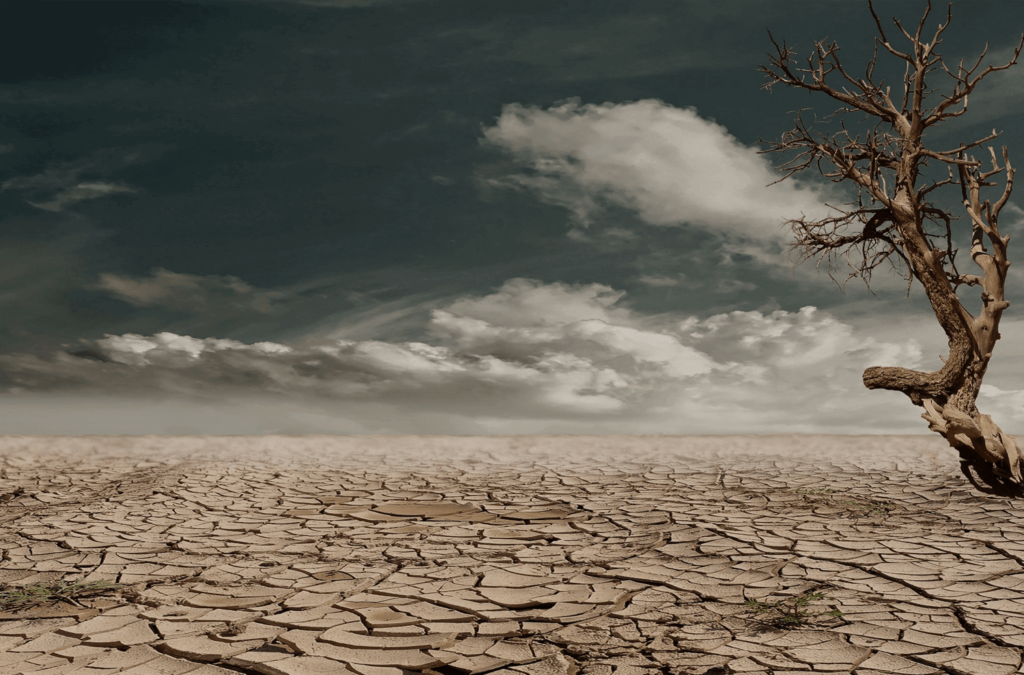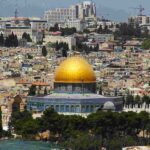A short history of the conflict between Israel and Palestine
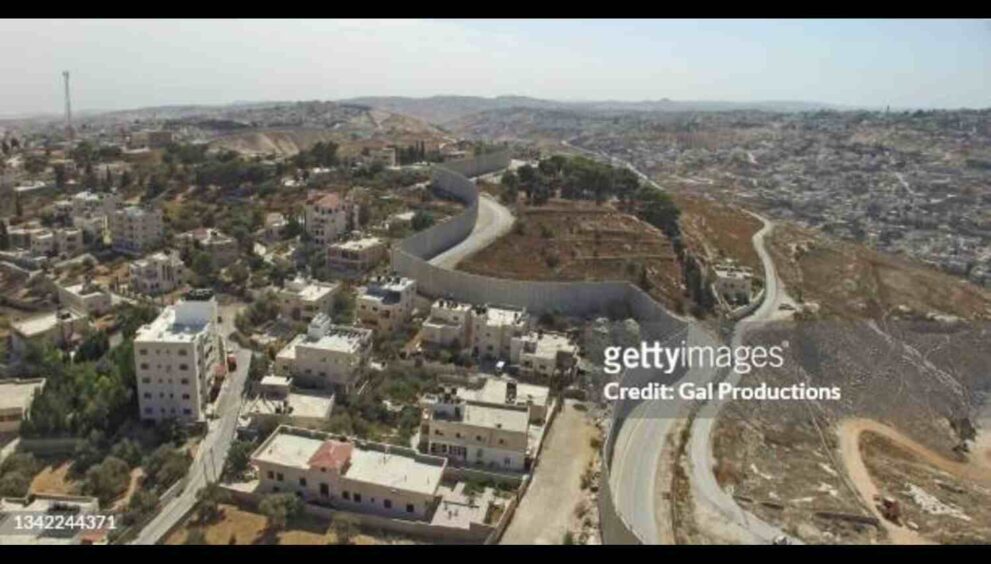
The history of the conflict between Israel and Palestine is very complex and long. It involves issues of nationalism, religion, land, and human rights. Here is a brief summary of some of the key events and factors that have shaped the conflict:
- The conflict can be traced back to the late 19th century, when Zionists, who were mostly Jewish people from Europe, sought to create a homeland for themselves in Palestine, which was then part of the Ottoman Empire. They were motivated by the persecution and discrimination they faced in Europe, as well as by their religious attachment to the land of Israel1
- The Balfour Declaration of 1917 was a letter from the British government to a Zionist leader, promising to support the establishment of a “national home for the Jewish people” in Palestine, while also respecting the rights of the existing non-Jewish communities. This declaration encouraged more Jewish immigration to Palestine, which led to tensions and conflicts with the Arab population, who also claimed the land as their own1
- After World War I, the Ottoman Empire collapsed and Palestine came under the British Mandate, which was supposed to prepare the territory for self-rule. However, the British failed to satisfy the demands of both the Jews and the Arabs, who wanted different political outcomes. The British also faced violent resistance from both sides, especially from Arab rebels who opposed Jewish immigration and land purchases1
- After World War II and the Holocaust, which killed about six million Jews in Europe, international pressure mounted for the creation of a Jewish state in Palestine. In 1947, the United Nations proposed a partition plan that would divide Palestine into two states: one for Jews and one for Arabs, with Jerusalem as an international city. The Jews accepted the plan, but the Arabs rejected it, arguing that it was unfair and violated their right to self-determination1
- In 1948, the British withdrew from Palestine and the Jewish leaders declared the establishment of Israel. This sparked a war between Israel and its Arab neighbors, who invaded to prevent the creation of a Jewish state. The war resulted in Israel’s victory and expansion of its territory beyond the UN partition plan. It also led to the displacement of about 700,000 Palestinians who became refugees in neighboring countries or within Palestine itself1
- In 1967, another war broke out between Israel and its Arab neighbors, known as the Six-Day War. Israel captured more territories from Egypt, Jordan, and Syria, including the West Bank, Gaza Strip, East Jerusalem, Sinai Peninsula, and Golan Heights. These areas are considered occupied by most of the international community and are home to millions of Palestinians who live under Israeli military rule or blockade1
- In 1979, Egypt became the first Arab country to sign a peace treaty with Israel, in exchange for the return of Sinai. In 1993, Israel and the Palestine Liberation Organization (PLO), which was recognized as the representative of the Palestinian people, signed a historic agreement known as the Oslo Accords. The accords aimed to establish a Palestinian self-government in parts of the West Bank and Gaza Strip, and to negotiate a final settlement on issues such as borders, security, refugees, and Jerusalem. However, the peace process faced many challenges and setbacks from both sides, such as violence, terrorism, settlements expansion, political divisions, and lack of trust2
- In 2000, a second Palestinian uprising or intifada erupted after a controversial visit by an Israeli politician to a holy site in Jerusalem that is revered by both Jews and Muslims. The uprising lasted for about five years and resulted in thousands of deaths and injuries on both sides. It also marked the end of the Oslo peace process and led to more isolation and hardship for Palestinians in Gaza and West Bank2
- In 2005, Israel withdrew its troops and settlers from Gaza Strip as part of a unilateral disengagement plan. However, it maintained control over Gaza’s borders, airspace, and sea access. In 2006, Hamas , an Islamist militant group that opposes Israel’s existence , won parliamentary elections in Palestine , creating a rift with Fatah , a secular nationalist party that leads the PLO . In 2007 , Hamas seized control of Gaza Strip after a violent clash with Fatah , leading to a split between Gaza Strip and West Bank , which is governed by Fatah . Since then , Hamas has been engaged in several rounds of armed conflict with Israel , launching rockets at Israeli towns and cities , while Israel has responded with airstrikes , ground incursions , and blockades 2
- In 2020 , Israel announced plans to annex parts of West Bank , which sparked international condemnation and protests from Palestinians . The annexation plan was put on hold after Israel reached normalization agreements with several Arab countries , such as UAE , Bahrain , Morocco , and Sudan , with US mediation . These agreements were seen as a breakthrough by some , but as a betrayal by others , who argued that they undermined the Palestinian cause and the Arab consensus 3
- In 2021 , a new wave of violence erupted after Israeli authorities attempted to evict Palestinian families from their homes in Sheikh Jarrah , a neighborhood in East Jerusalem , to make way for Jewish settlers . This sparked protests and clashes in Jerusalem , especially at the Al-Aqsa Mosque compound , which is a sacred site for both Muslims and Jews . Hamas and other militant groups in Gaza fired rockets at Israel , while Israel launched airstrikes and artillery shelling at Gaza . The escalation lasted for 11 days and killed more than 250 people , mostly Palestinians.

 English
English 